Hard water is a widespread issue in urban and rural areas that affects more than we think, such as hair care routines. If you have been dealing with shampoo that does not lather properly or if your hair feels dull and dry, the chances are that the water you are using might be the problem. Hard water containing calcium and magnesium can make your shampoo less effective. The issue is significant enough that the Indian water softener market is projected to witness a growth rate of nearly 10% from 2021 to 2026.
This growth mainly suggests how hard water-related issues are gaining recognition and a growing demand for water softening alternatives like a hard water filter. This blog will throw light on how hard water can diminish the effectiveness of a hair care routine, and hair care tips for shinier and healthier hair.
Hard Water and Shampoo
Heavy in minerals like calcium and magnesium, hard water will react with the soap in the shampoo, forming a film or residue coating the hair. This results in:
-
Reduced Lather: Hard water minerals interfere with the lathering ability of the soap. Despite using the best products, it might not lather easily, and your hair can end up feeling unclean.
-
Difficulty in Rinsing: The mineral film left by hard water makes rinsing the shampoo difficult, thus leaving the shampoo in traces as soap residue. This could make the hair feel heavy and greasy.
-
Product Buildup: This causes product buildup on the scalp and hair over a period of time, therefore stopping the shampoo from working effectively.
-
Dryness & Damage: Hard water strips moisture from the hair, making it feel rough and dry and prone to breaking.
Signs Of Hard Water
If you are not sure whether you are using hard water or not, you can look for some of these signs:
-
Scaling and Residue: Hard water results in the accumulation of a whitish chalky film on your taps, showerheads, and glass surfaces. Scaling can leave your hair dry and rough.
-
Dull and Lifeless Hair: If the hair appears flat, lifeless, or extremely oily or greasy after washing, hard water mineral buildup might be the issue.
-
Skin Irritation: This hard water mineral may contribute to dryness, itchiness, or irritation of your skin. If your skin feels dry after a shower, there could be harmful mineral content in the water.
-
Soap Scum: The other sign of hard water is soap scum which builds up on the bathroom surfaces where the soap has been interacting with calcium and magnesium in the water.
Solutions to Combat Hard Water's Impact on Shampooing
1. Installing Hard Water Filters:
Installing a hard-water filter will have the best effect on hair care. Installing a shower filter for hard water will help shave off excess calcium and magnesium present in the water, making it easier for shampoo to foam and wash away.
Some products like hard water shower filters and tap filters, can substantially reduce the mineral content of water. A water filter for hard water is good for improving the performance of your products as well as protecting skin and hair from damage due to mineral deposits.
2. Chelating/Clarifying Shampoos:
Chelating shampoos bind to the minerals of hard water and remove them from your hair. These shampoos entirely dissolve or break down the mineral deposits from hard water, leaving your hair much cleaner and healthier.
3. Deep conditioning treatment:
Hard water makes hair dry and brittle, and adopting a deep conditioning treatment in your hair care routine can help against this. You can deep-condition your hair once a week with a hair mask that will replenish moisture, contributing to softer, more manageable hair.
4. Specialized shampoo:
Look for shampoos that are sulfate-free or those made specifically for hard water. These shampoos work well in removing impurities without drying your hair.
Tips to Keep Hair Healthy in Hard Water Areas:
-
Go for vinegar rinses: A diluted vinegar rinse may cleanse hair from mineral buildup. The acidic level of vinegar helps break down the minerals and allows for hair to feel smoother.
-
Use baking soda: Baking soda is an inexpensive option to remove buildup. Mix baking soda with water to form a paste and scrub gently into your hair to clarify the strands.
-
Make protective hairstyles: Use protective hairstyles like braids or buns to lessen direct exposure to harmful minerals.
-
Gentle Hair Care Products: Select gentle, nourishing products that are sulfate-free and formulated for hydration. These will help counteract the drying effects of hard water on your hair.
Conclusion
Regular exposure to hard-water can cause dryness and damage to the hair. However, installing a hard water filter, along with using clarifying shampoos and conditioning treatments, can result in improved overall hair health. Even small changes like these can have a significant effect on the results of hair care.
So, if you are facing troubles with hard water, it might be worth adding RiverSoft into your daily routine!
Reference: GlobeNewswire




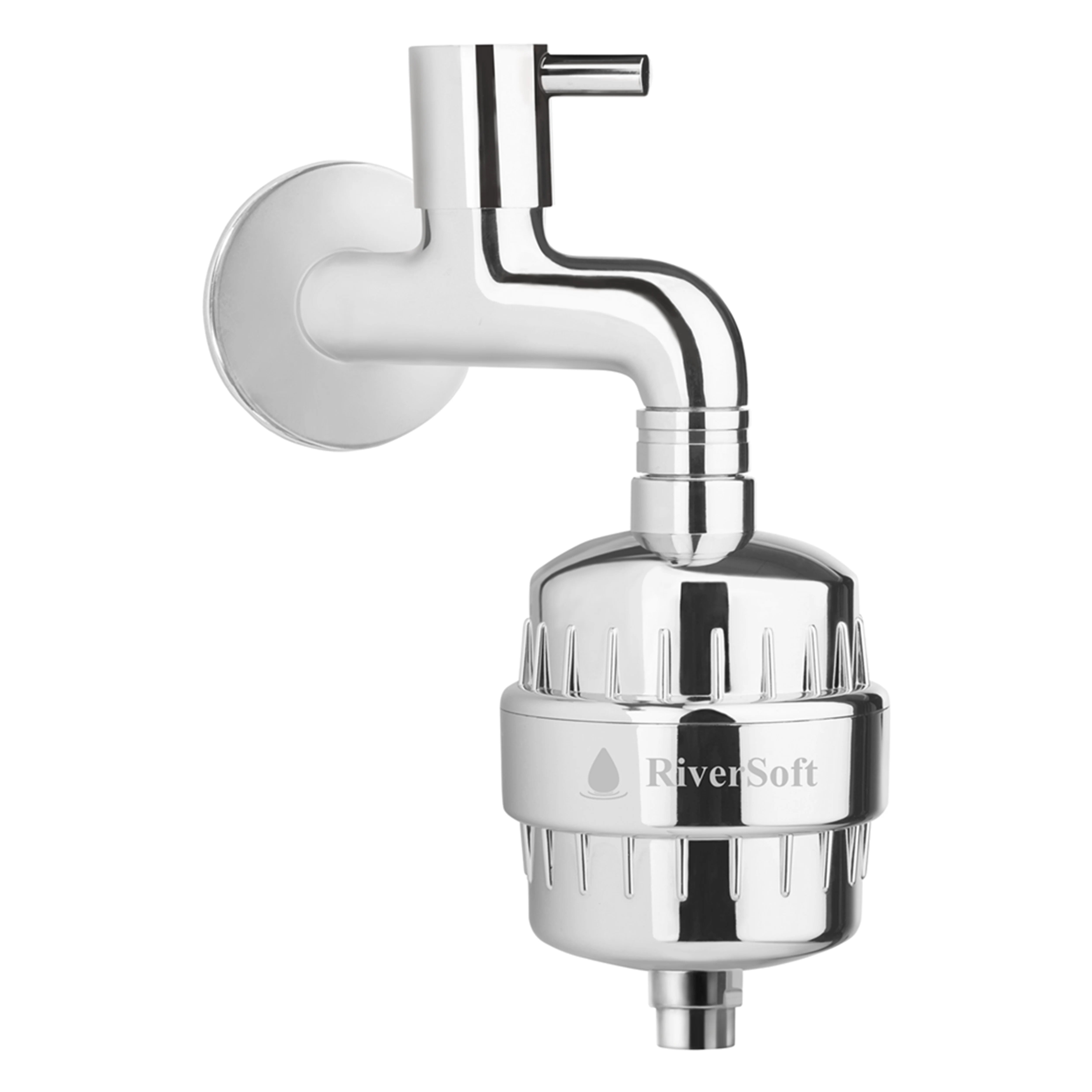
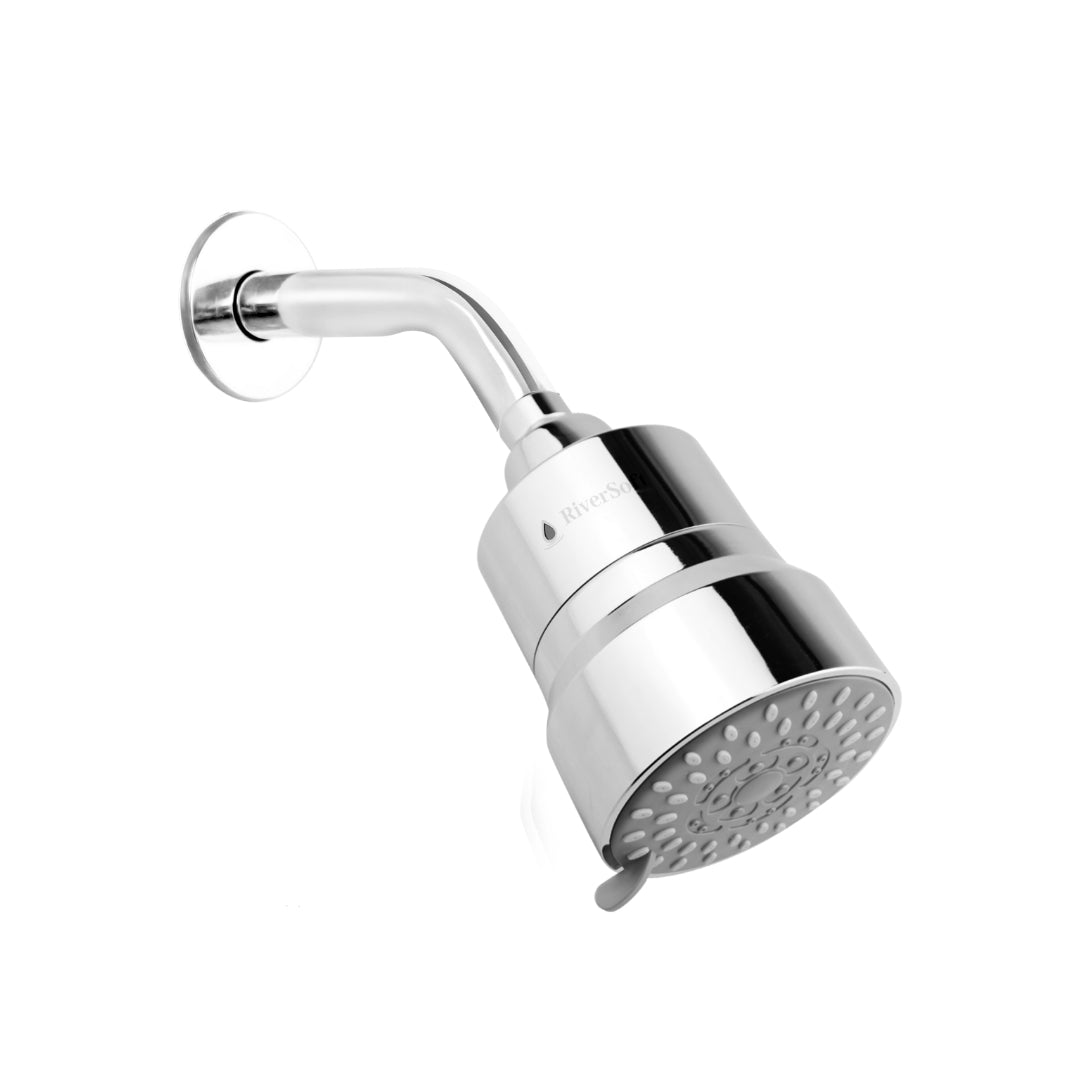
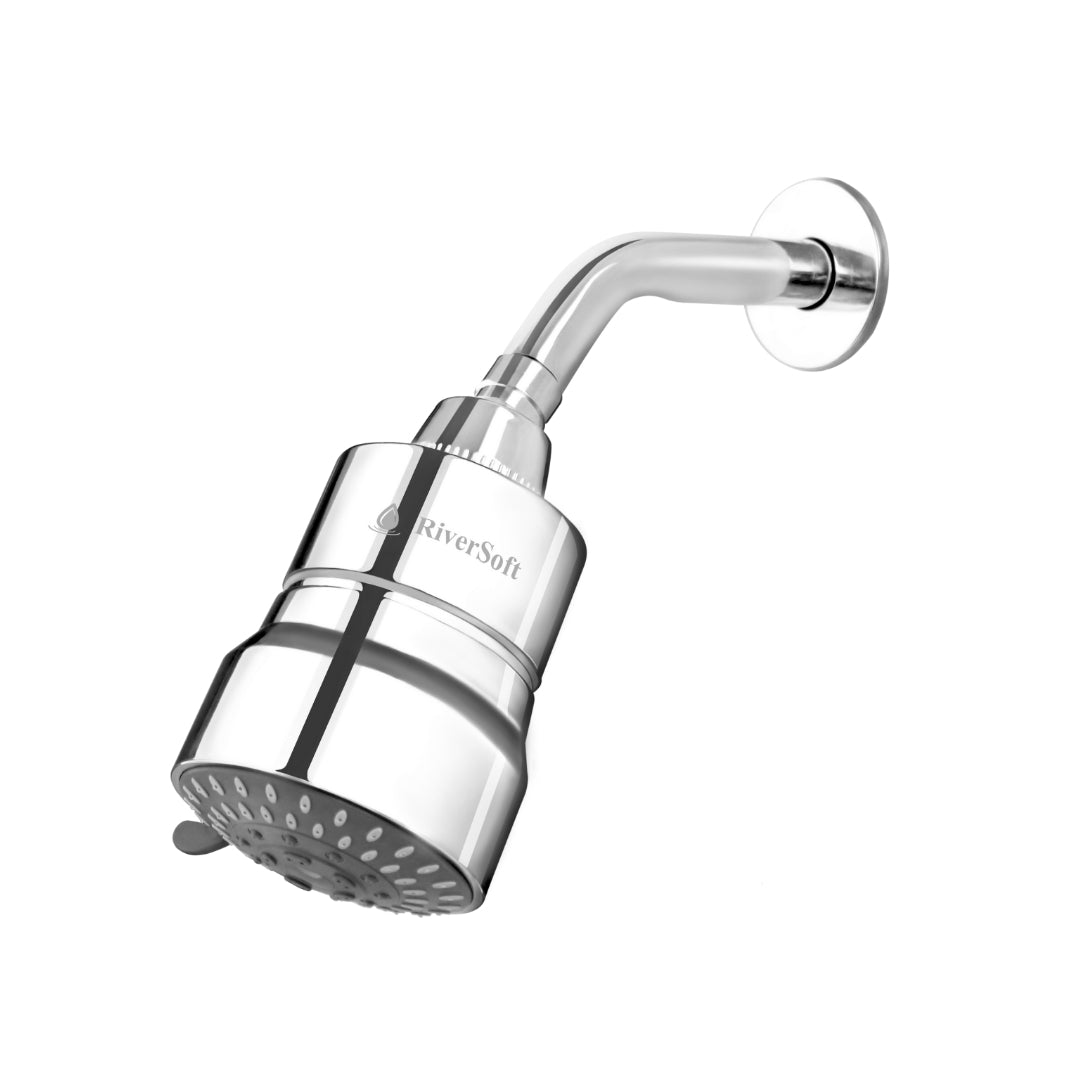
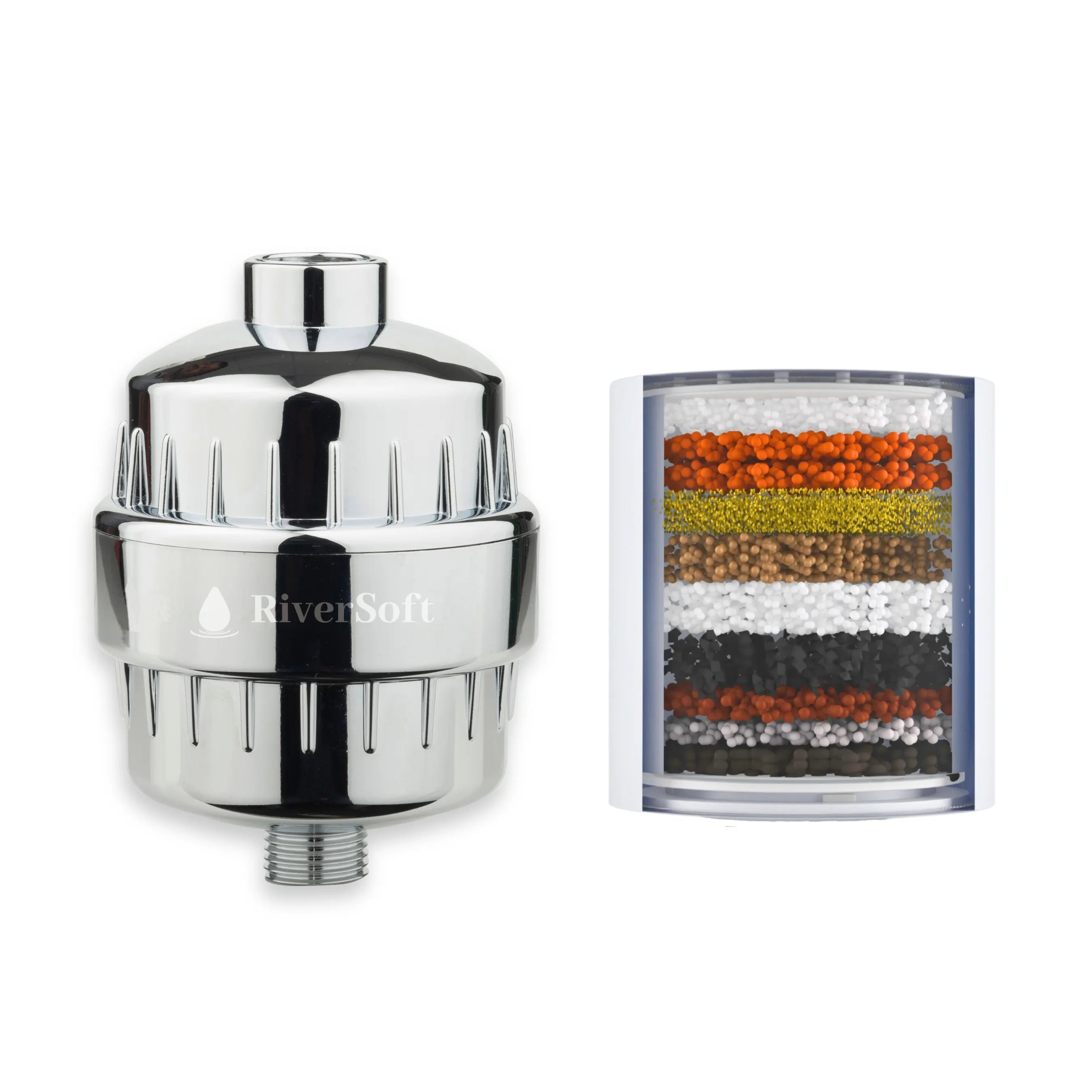
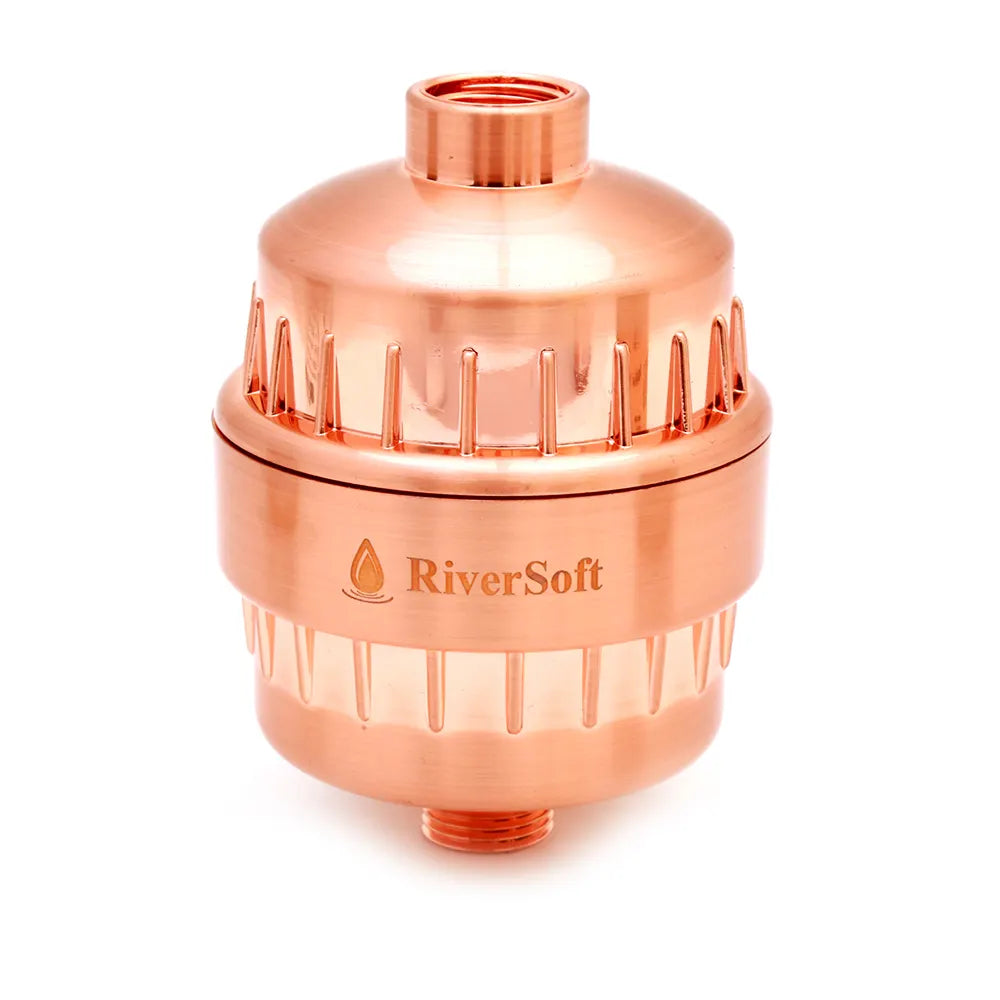
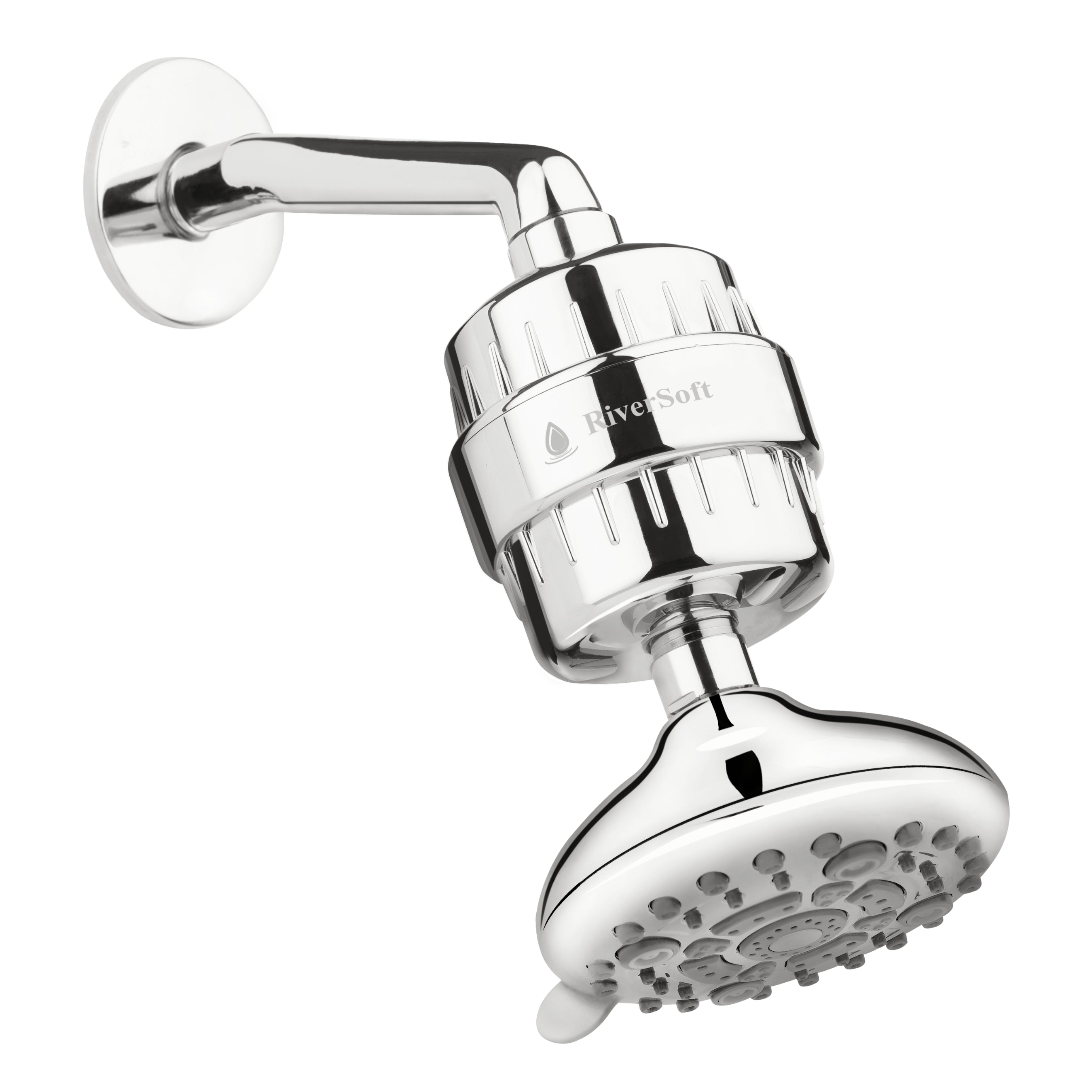
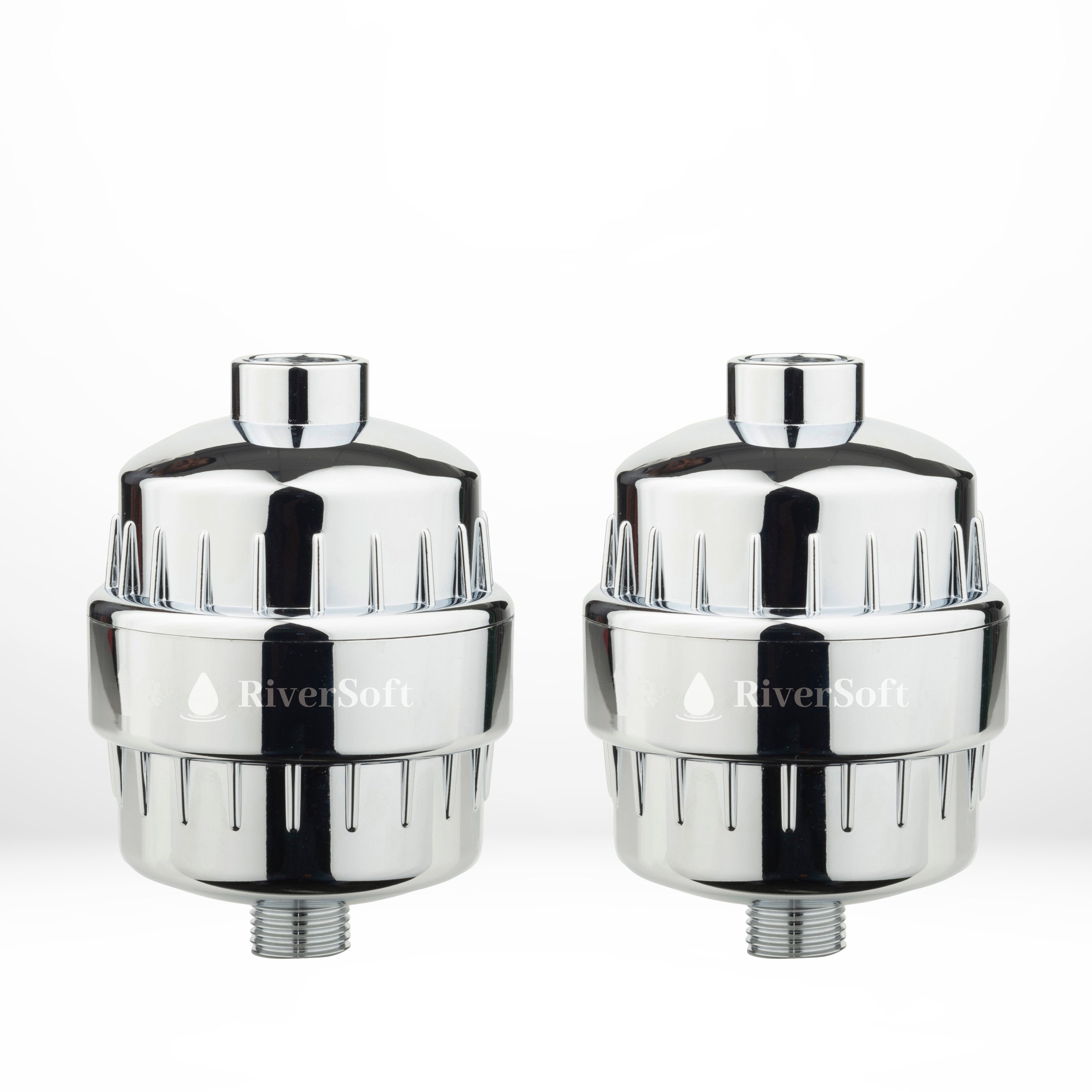
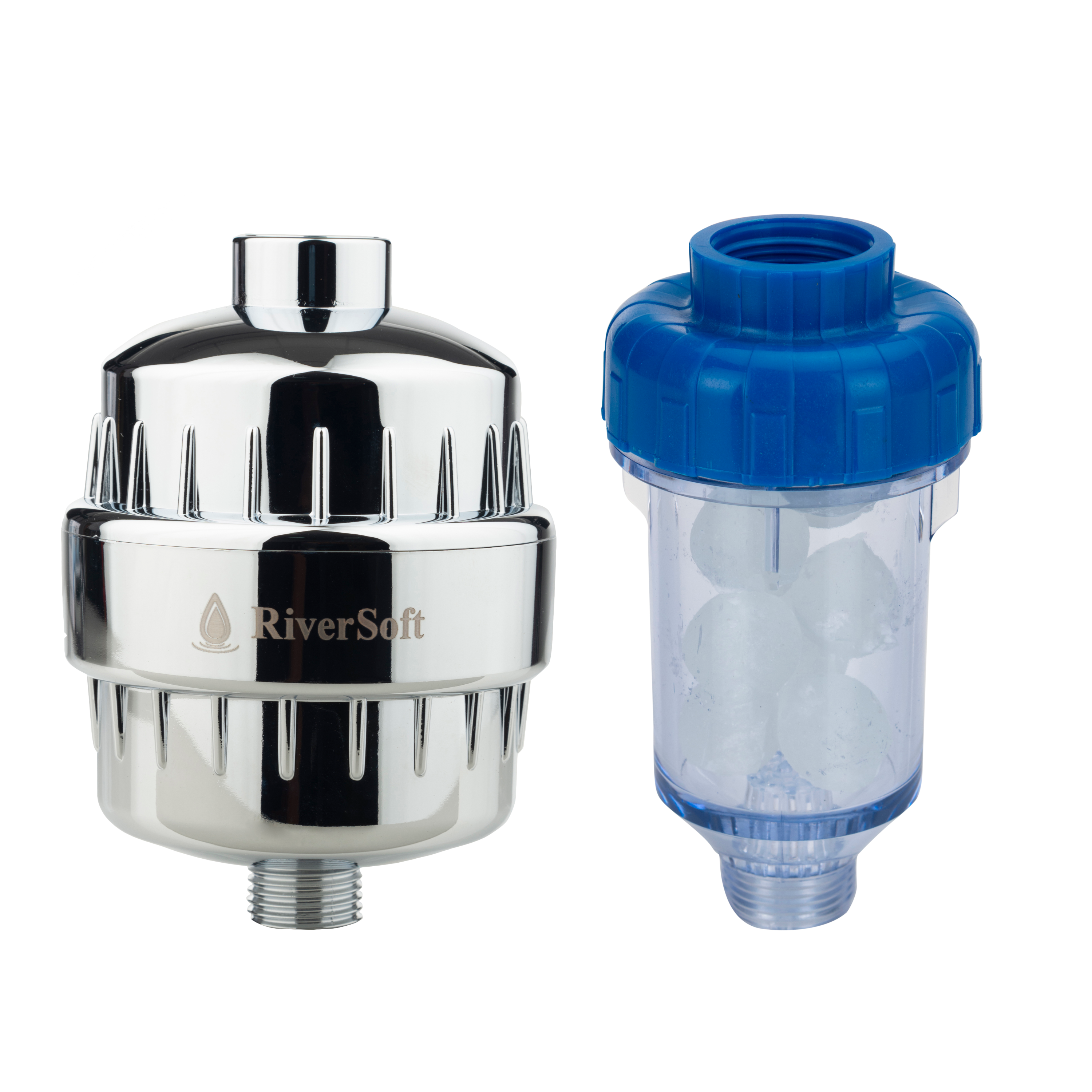
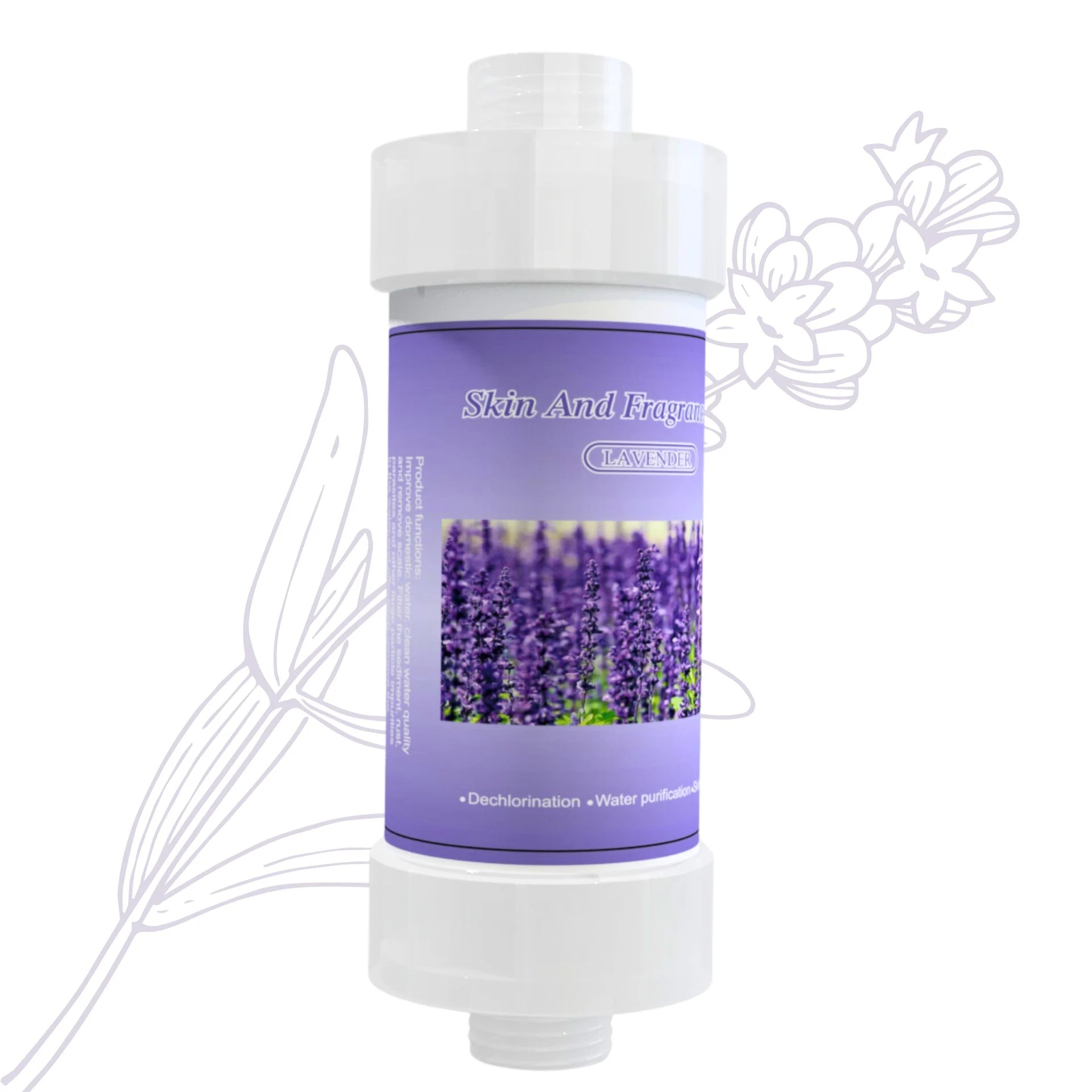
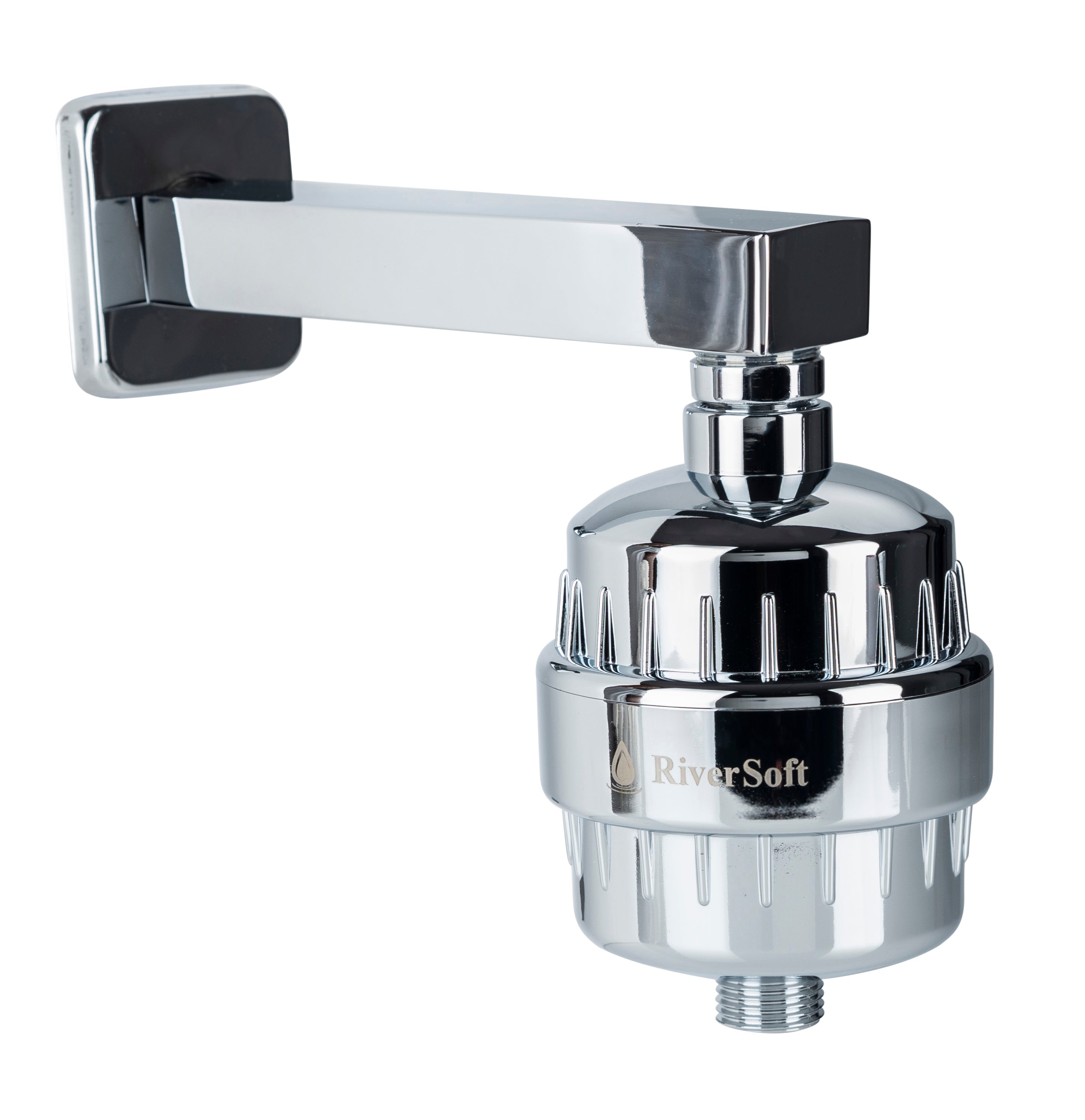
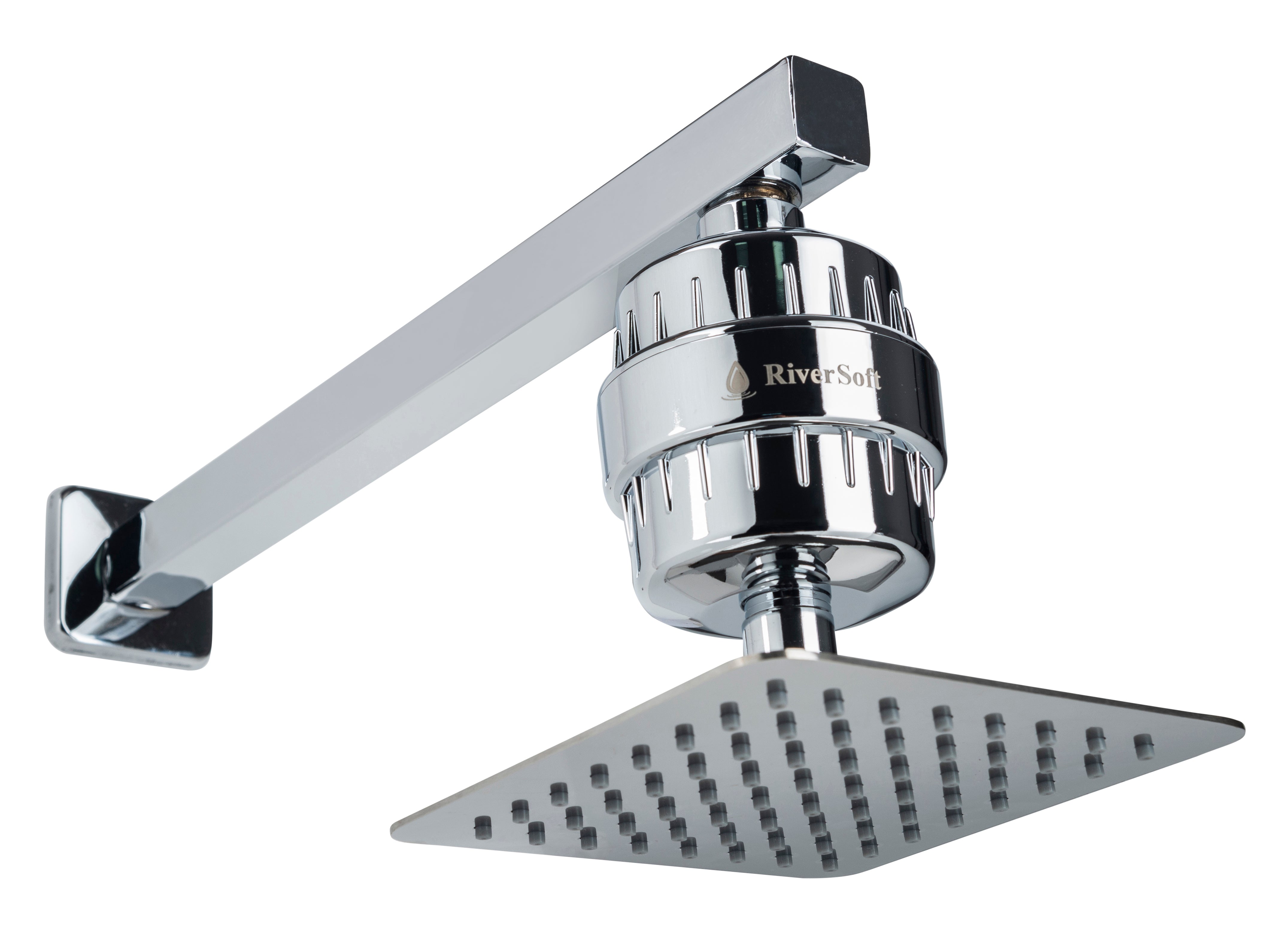
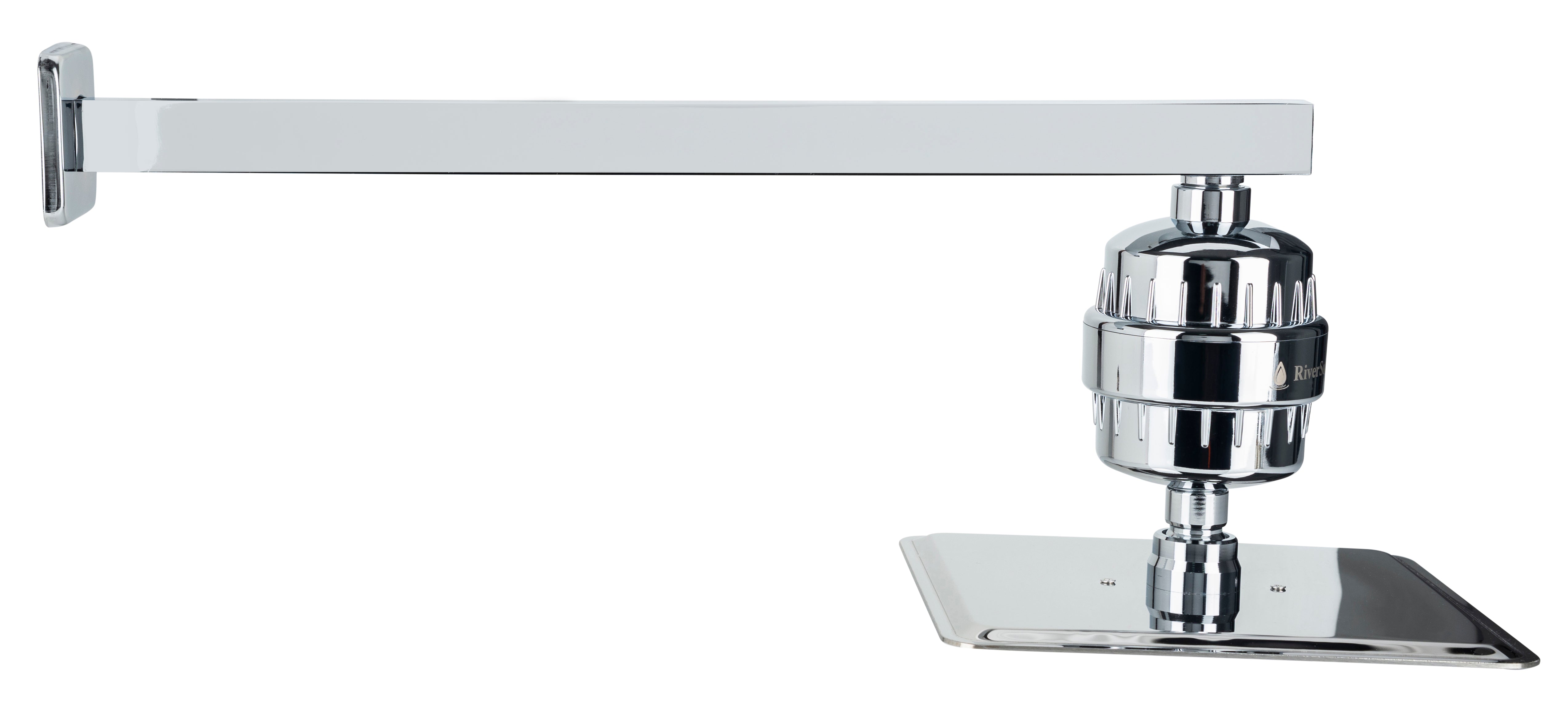
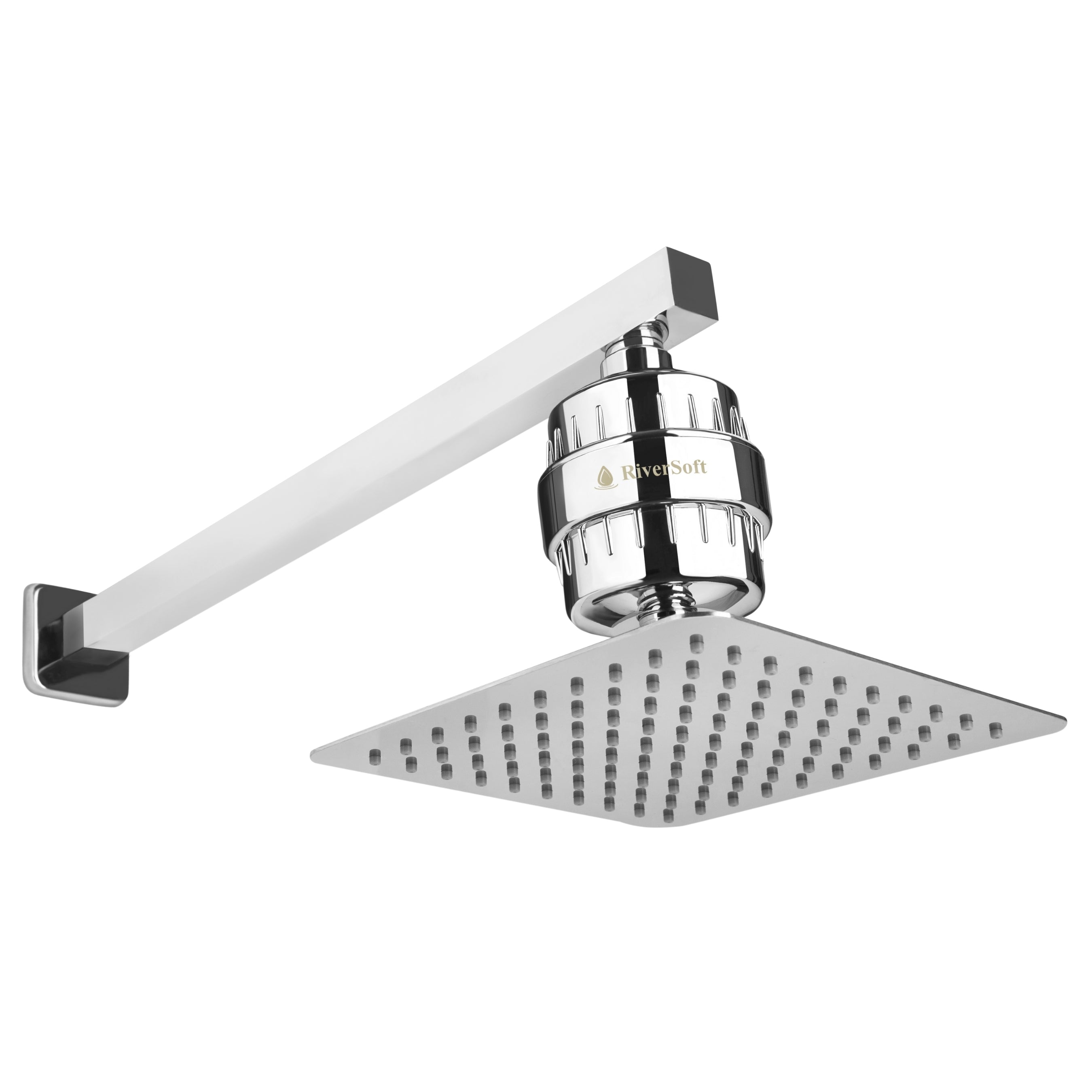
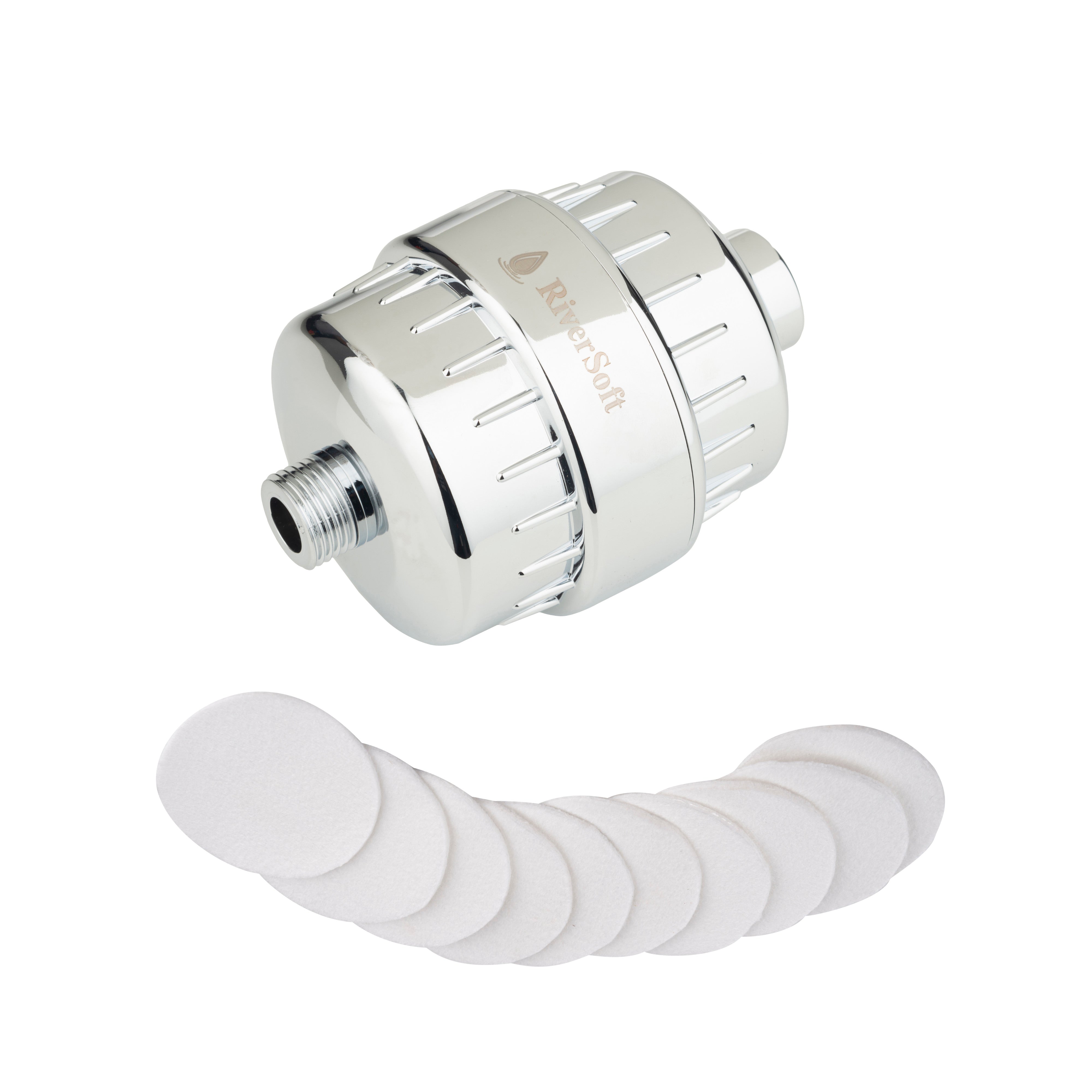
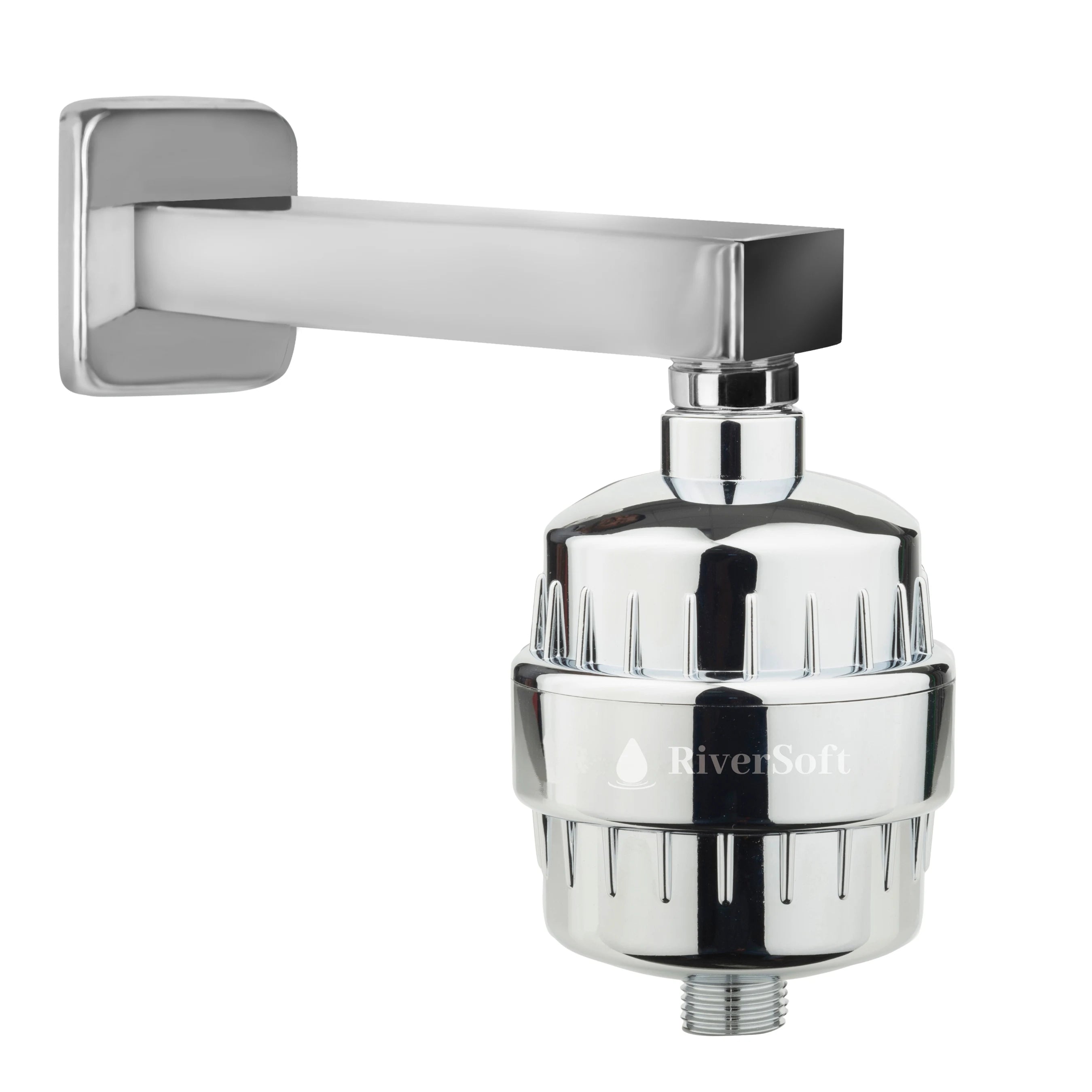
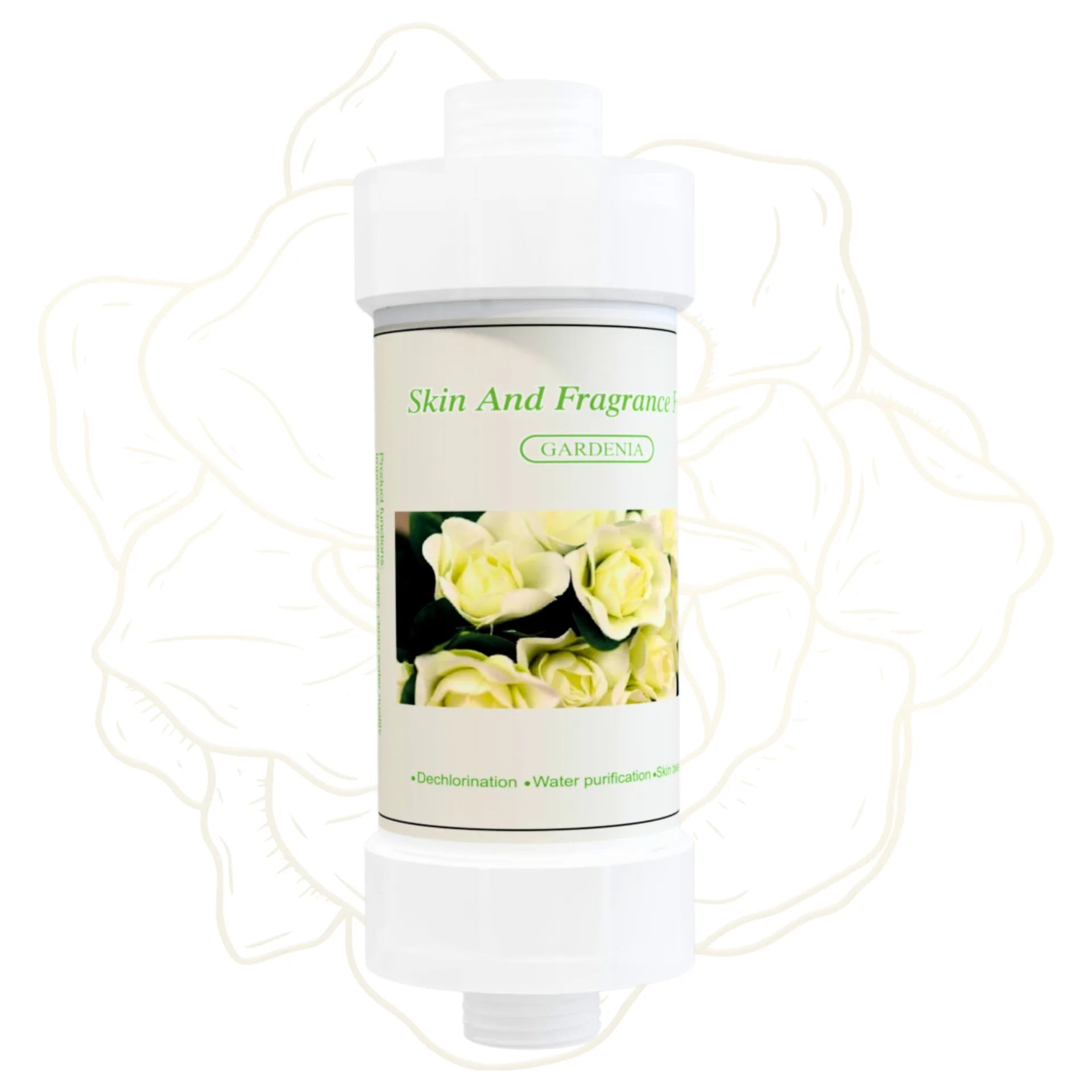
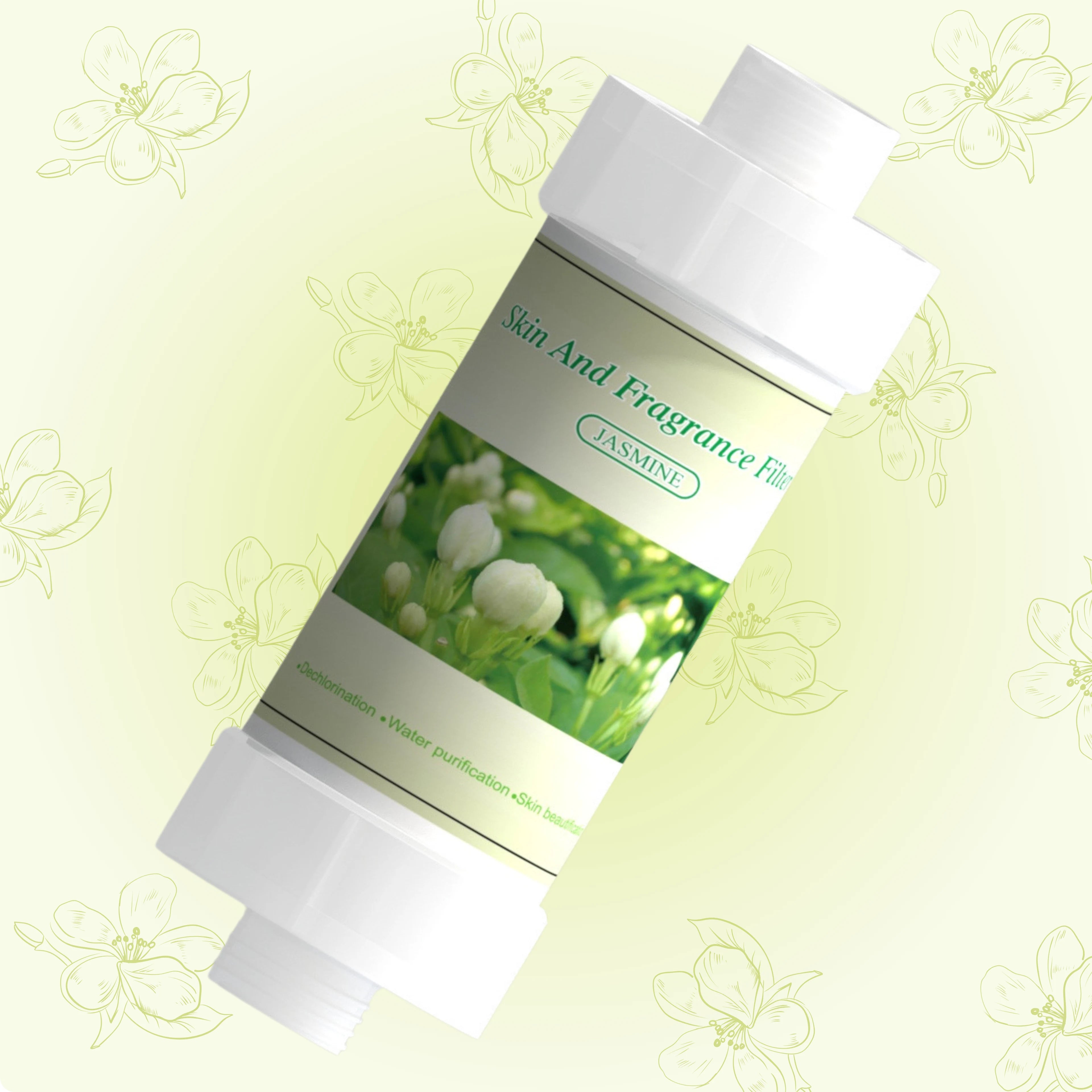
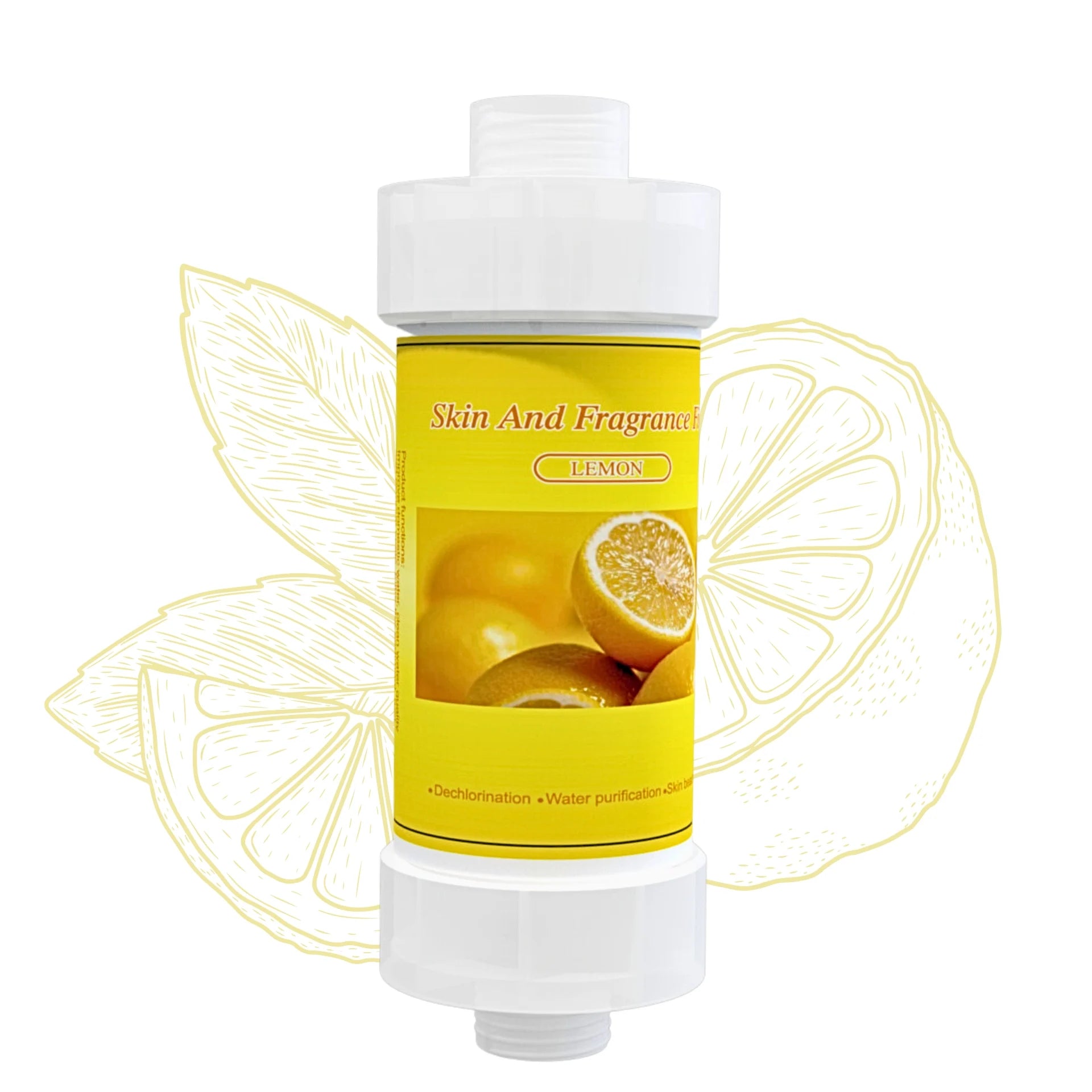
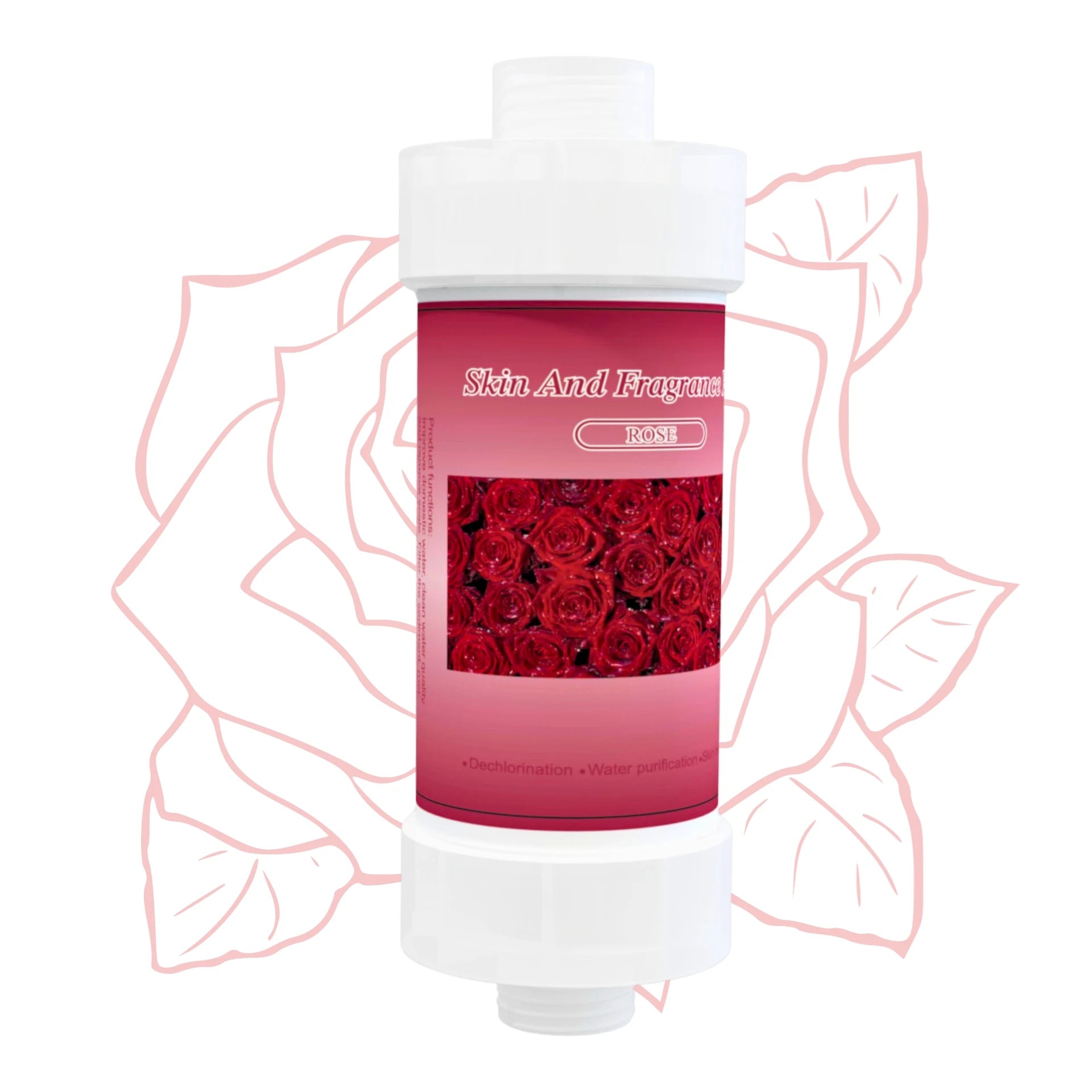
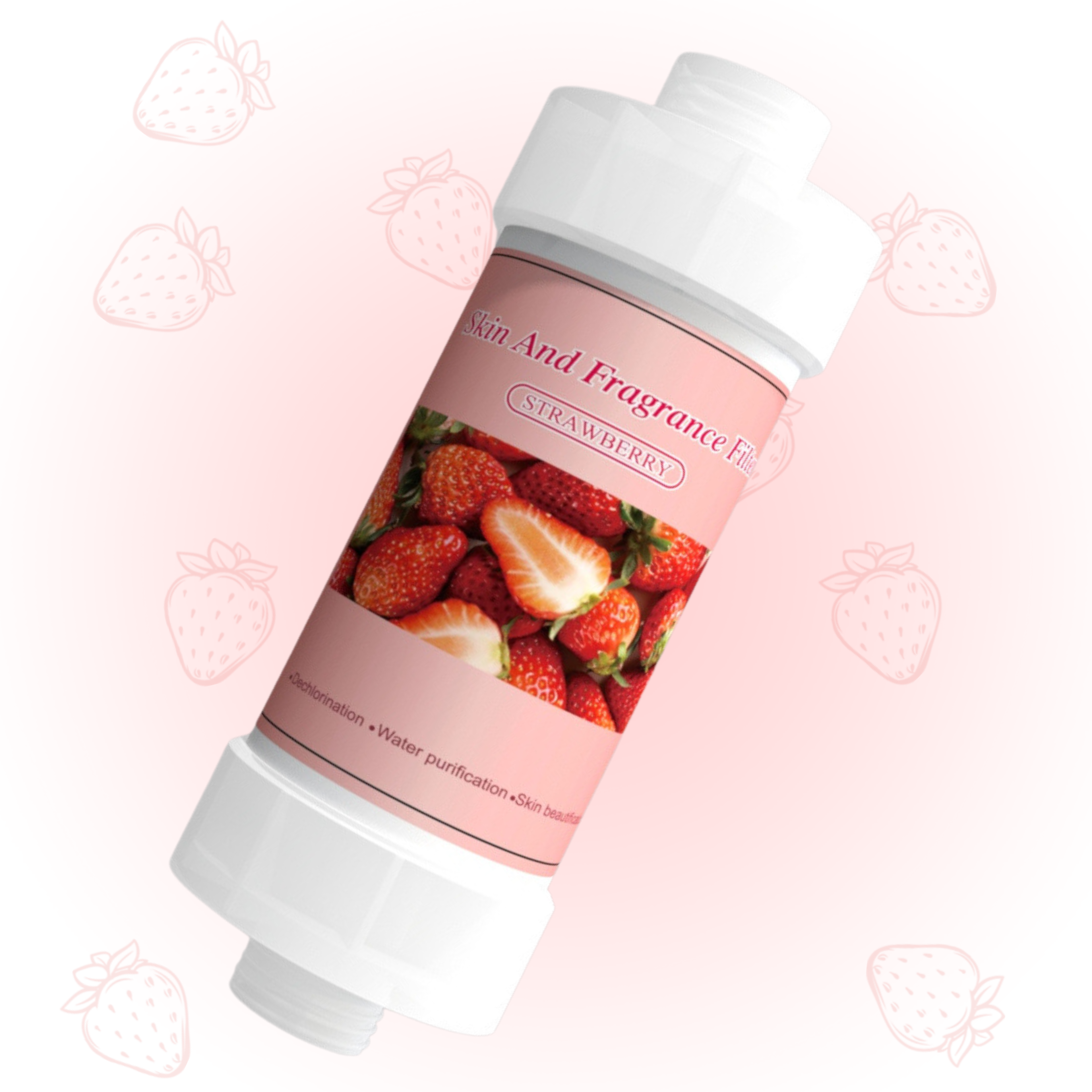
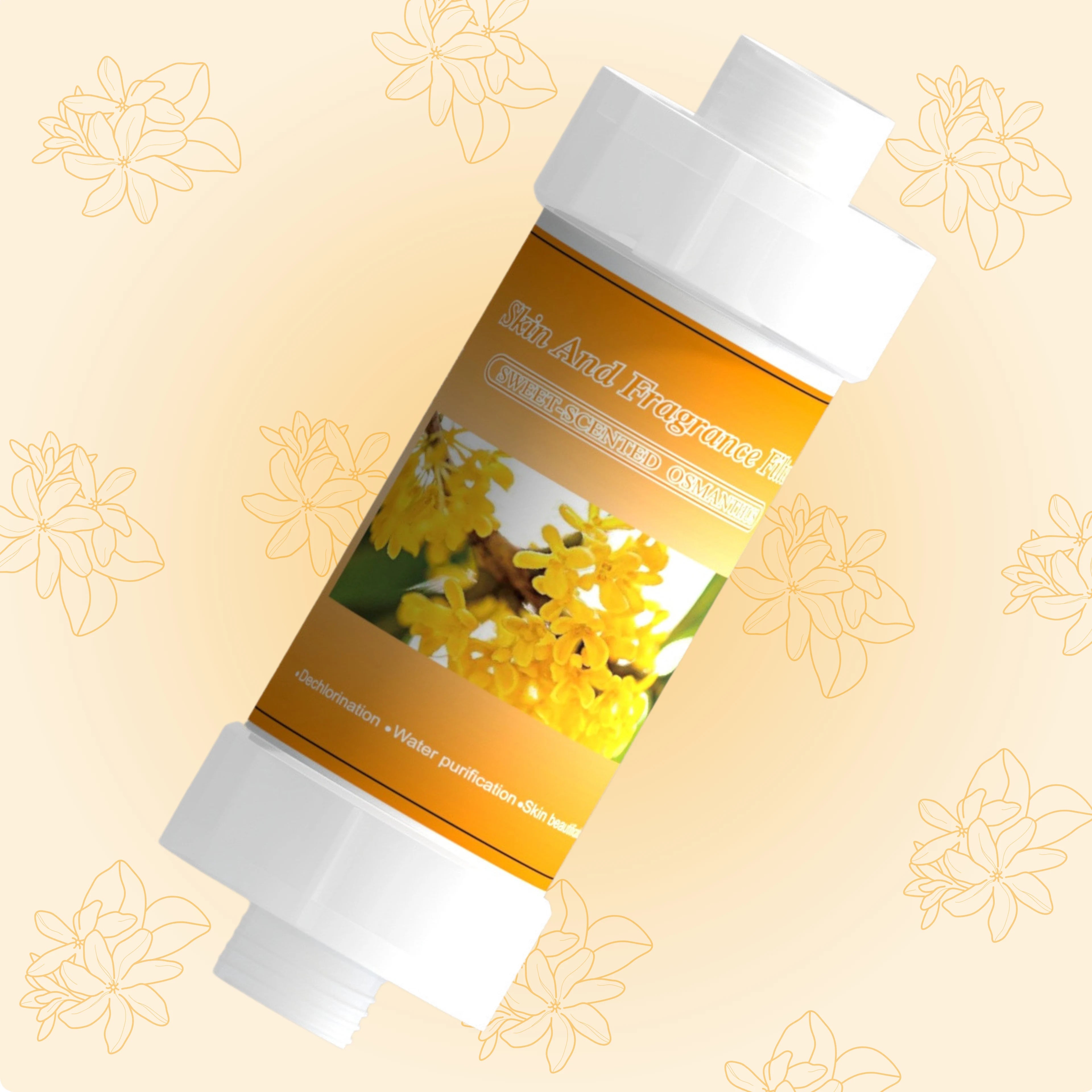
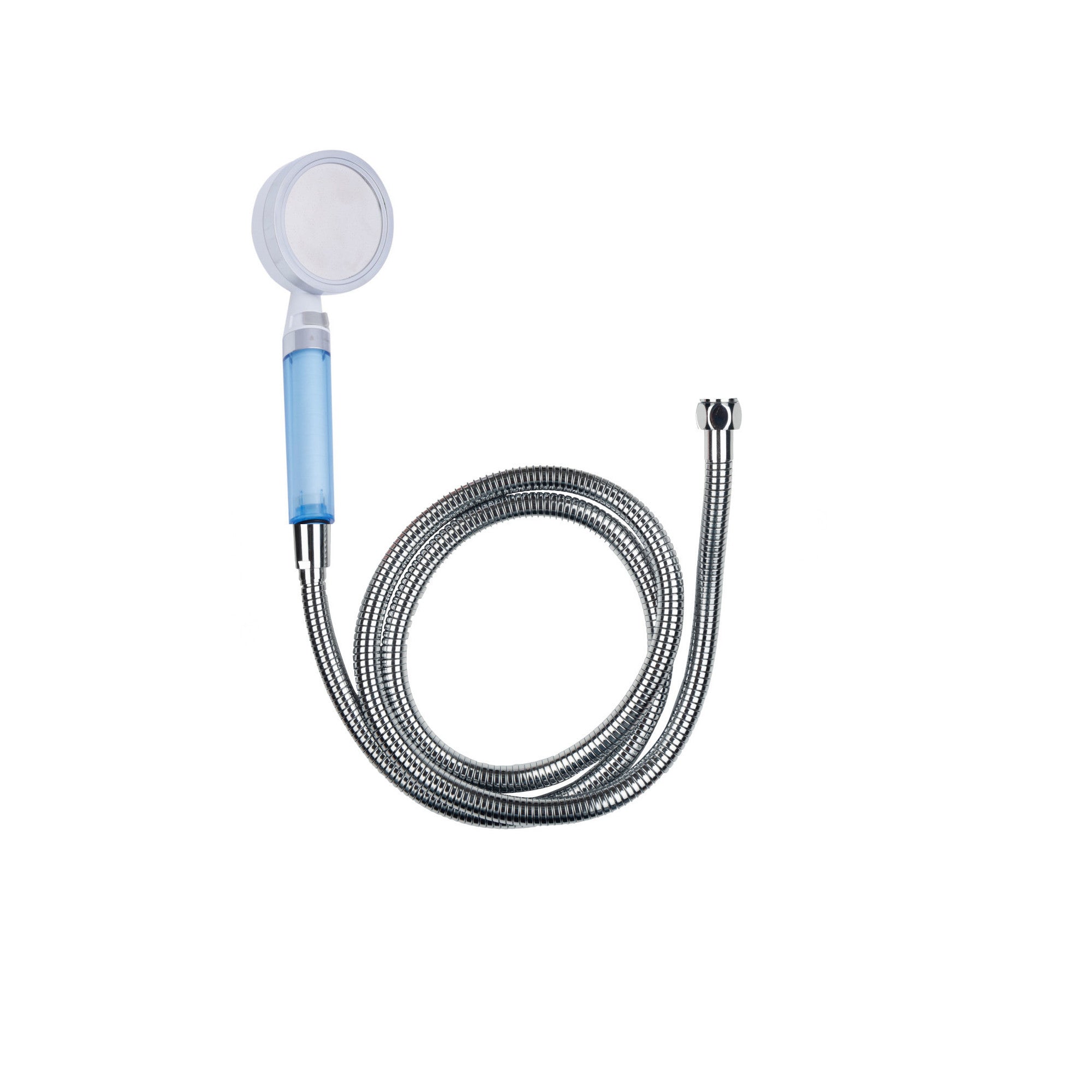
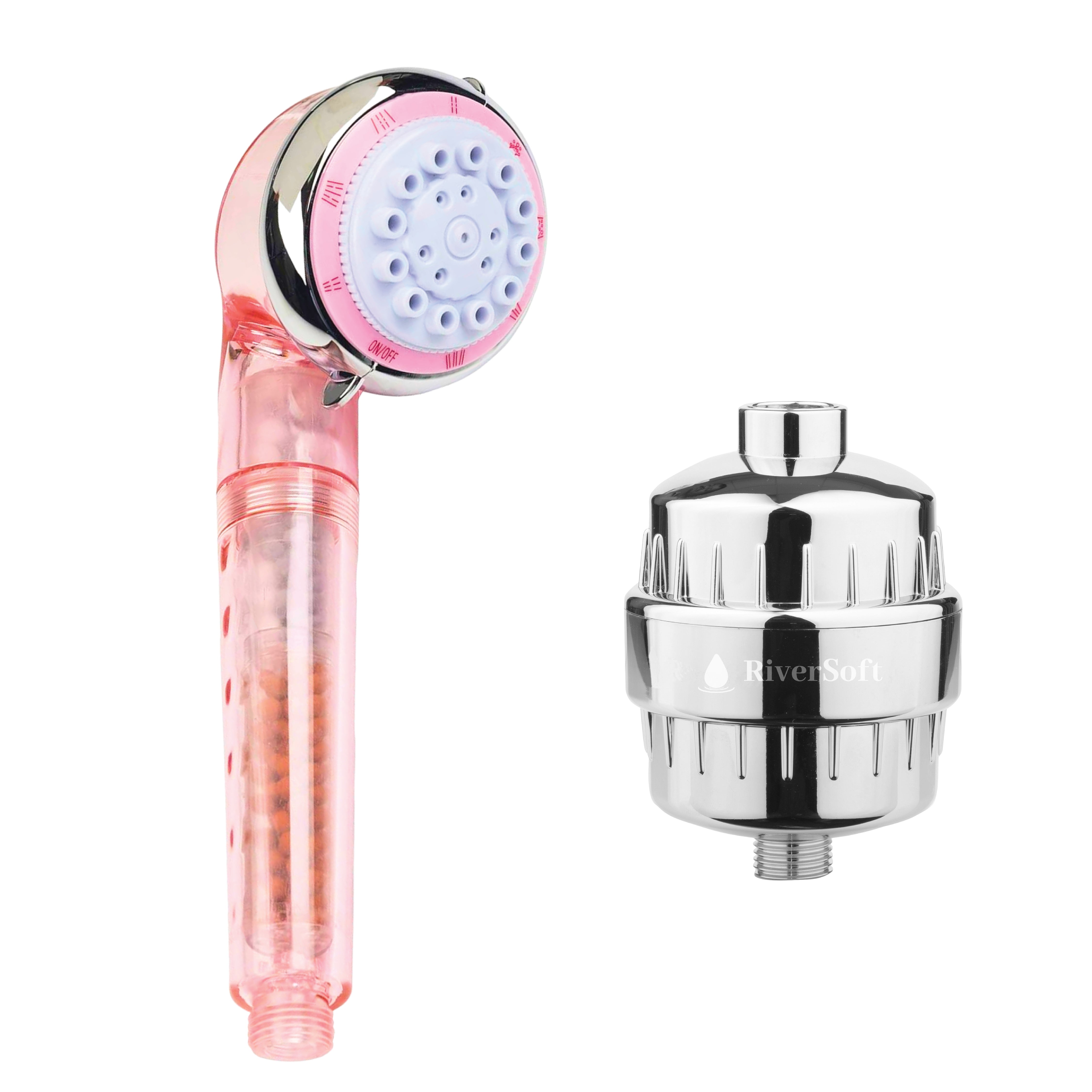
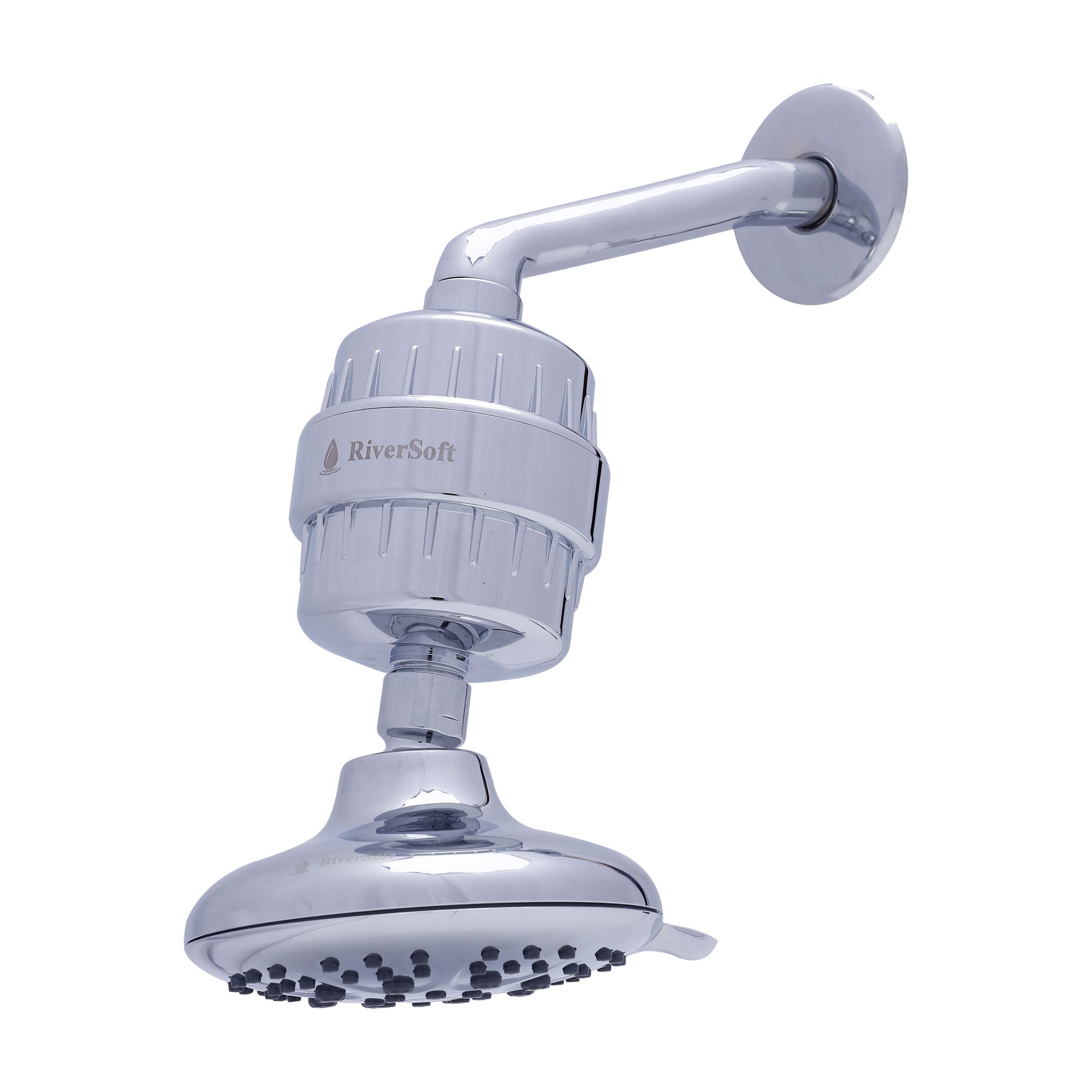
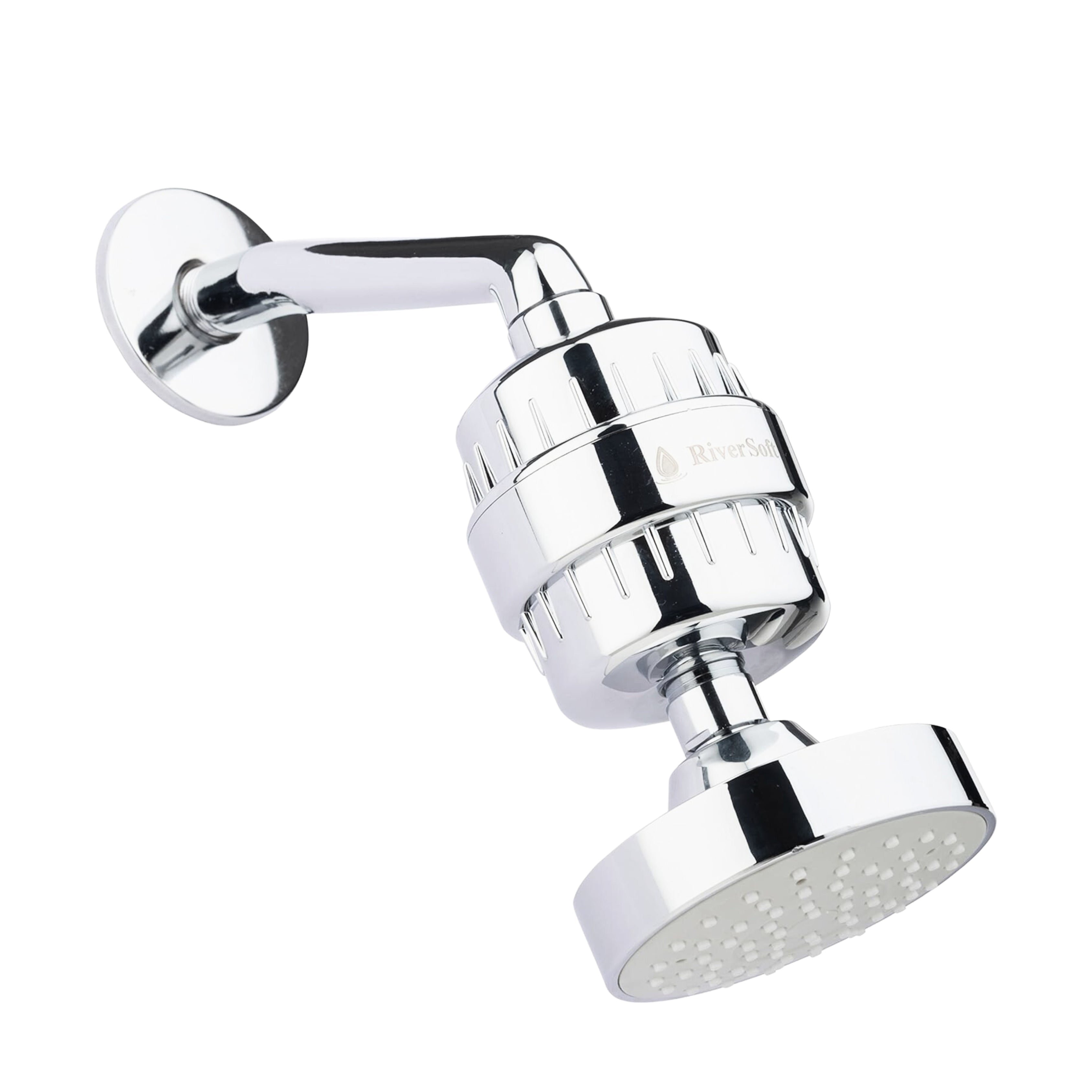
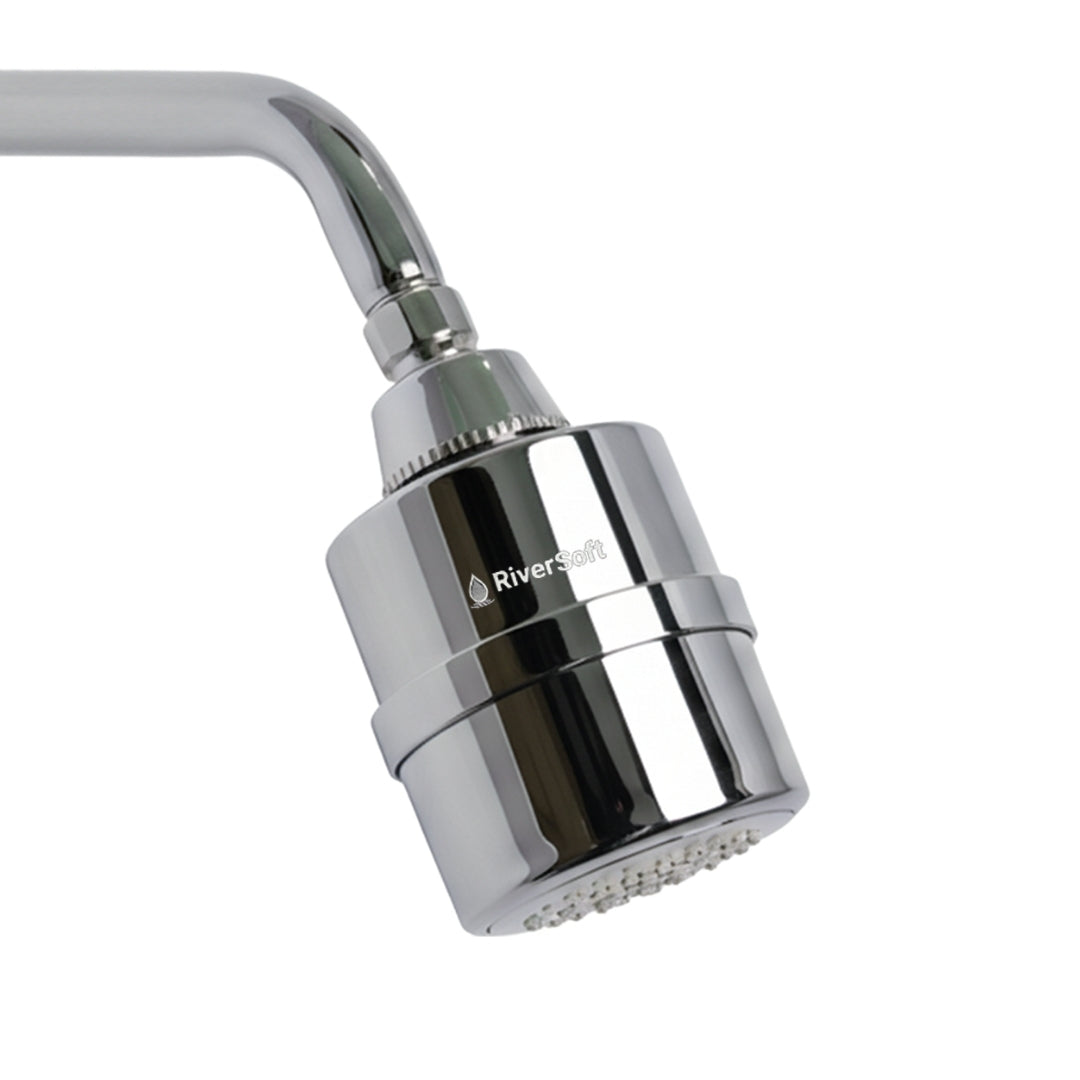
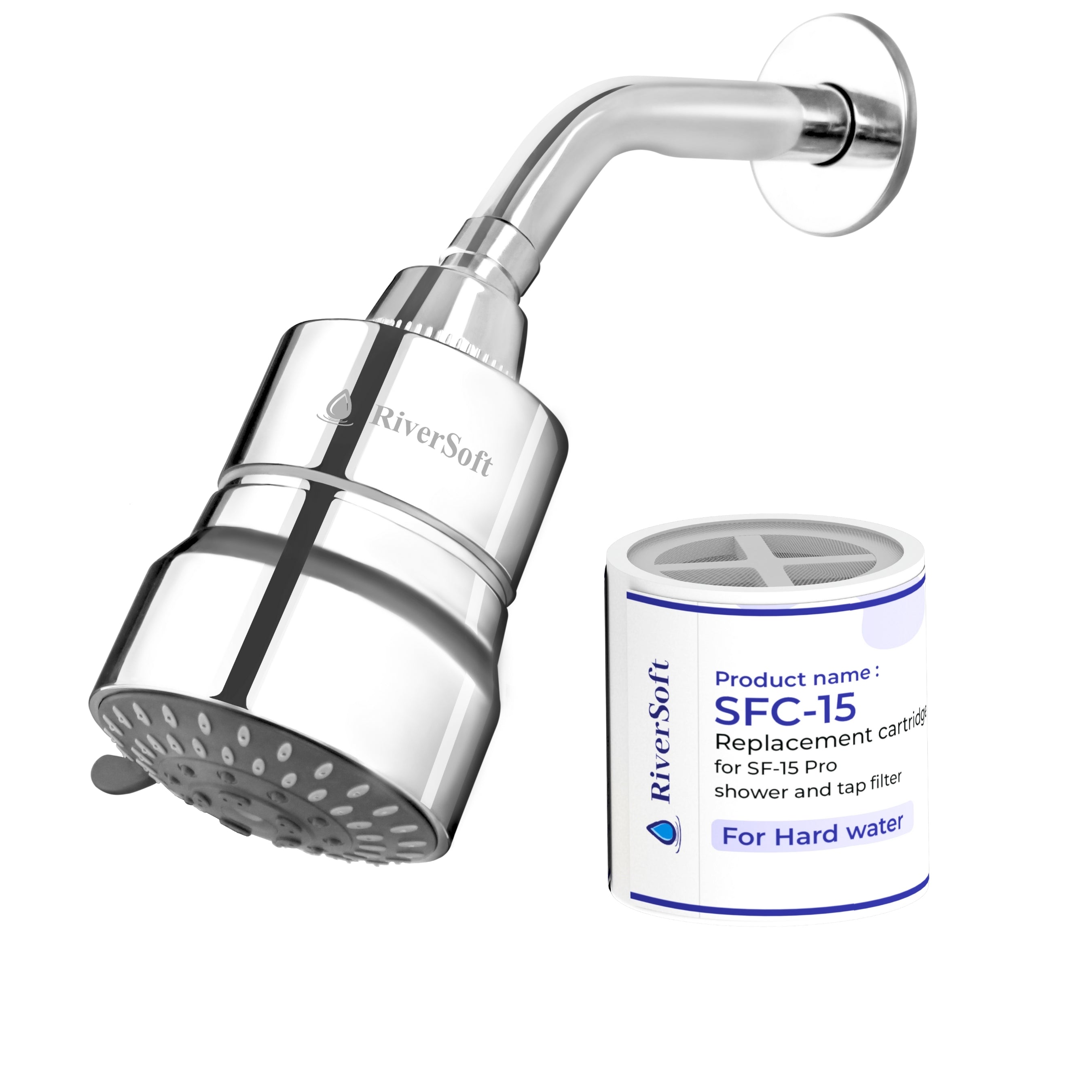
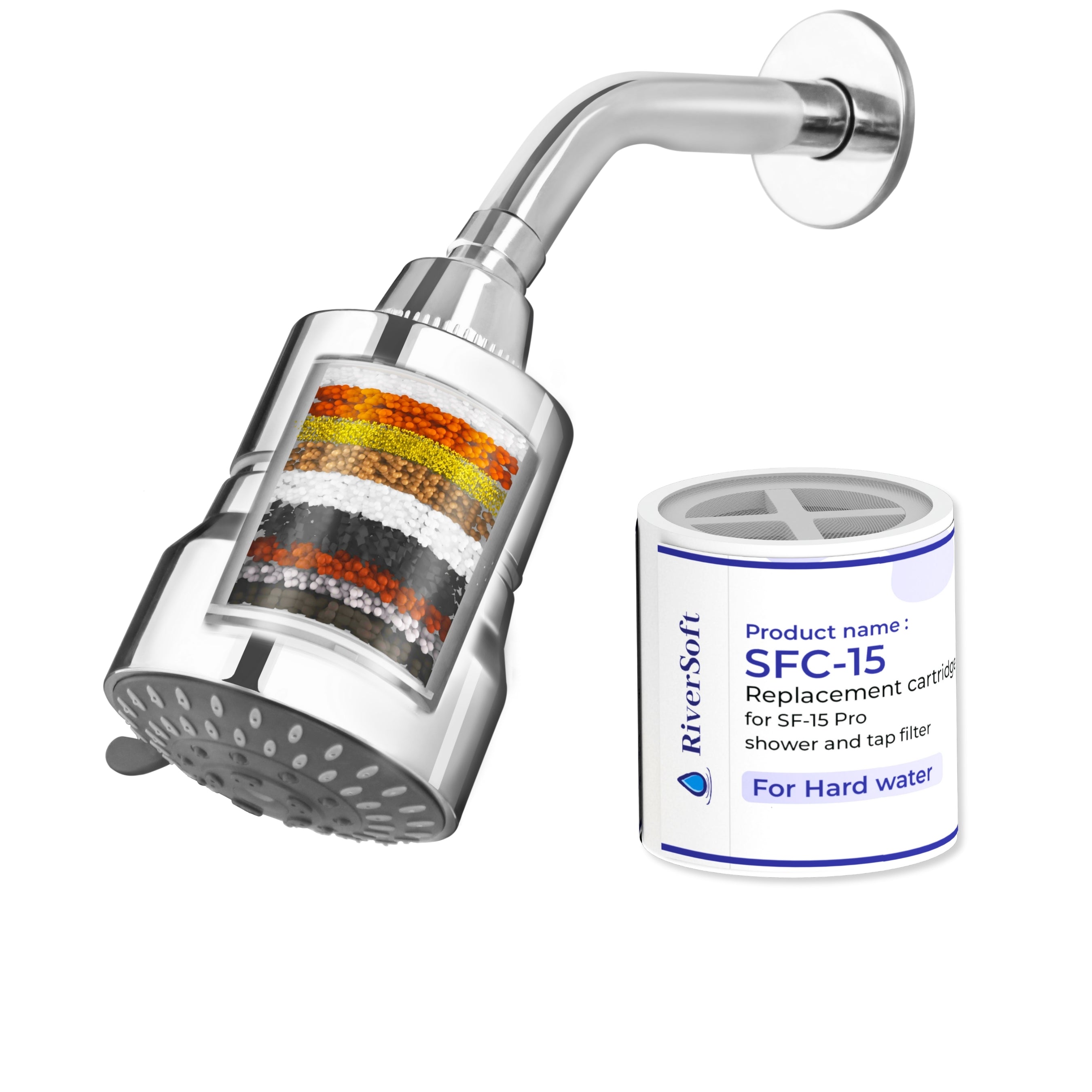
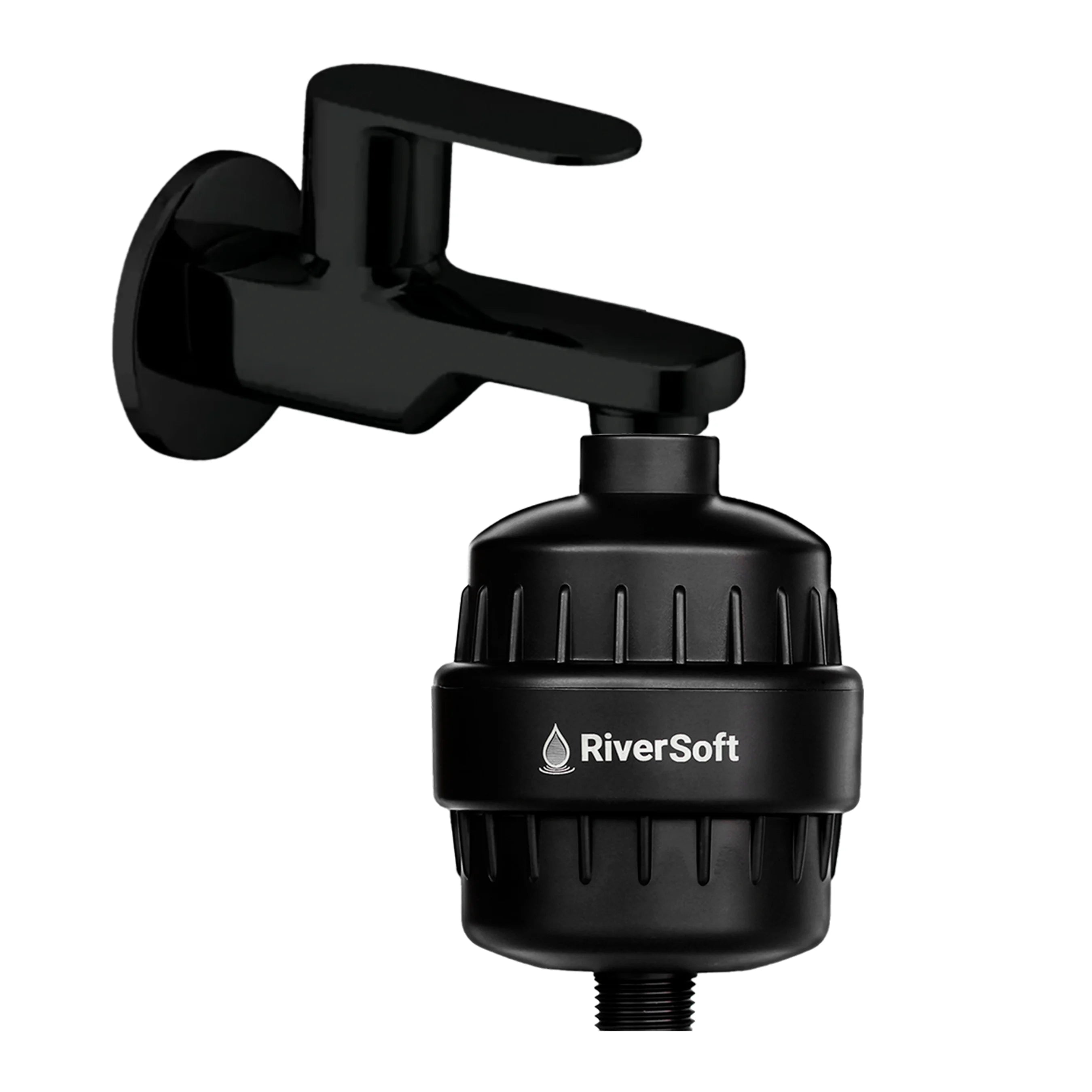
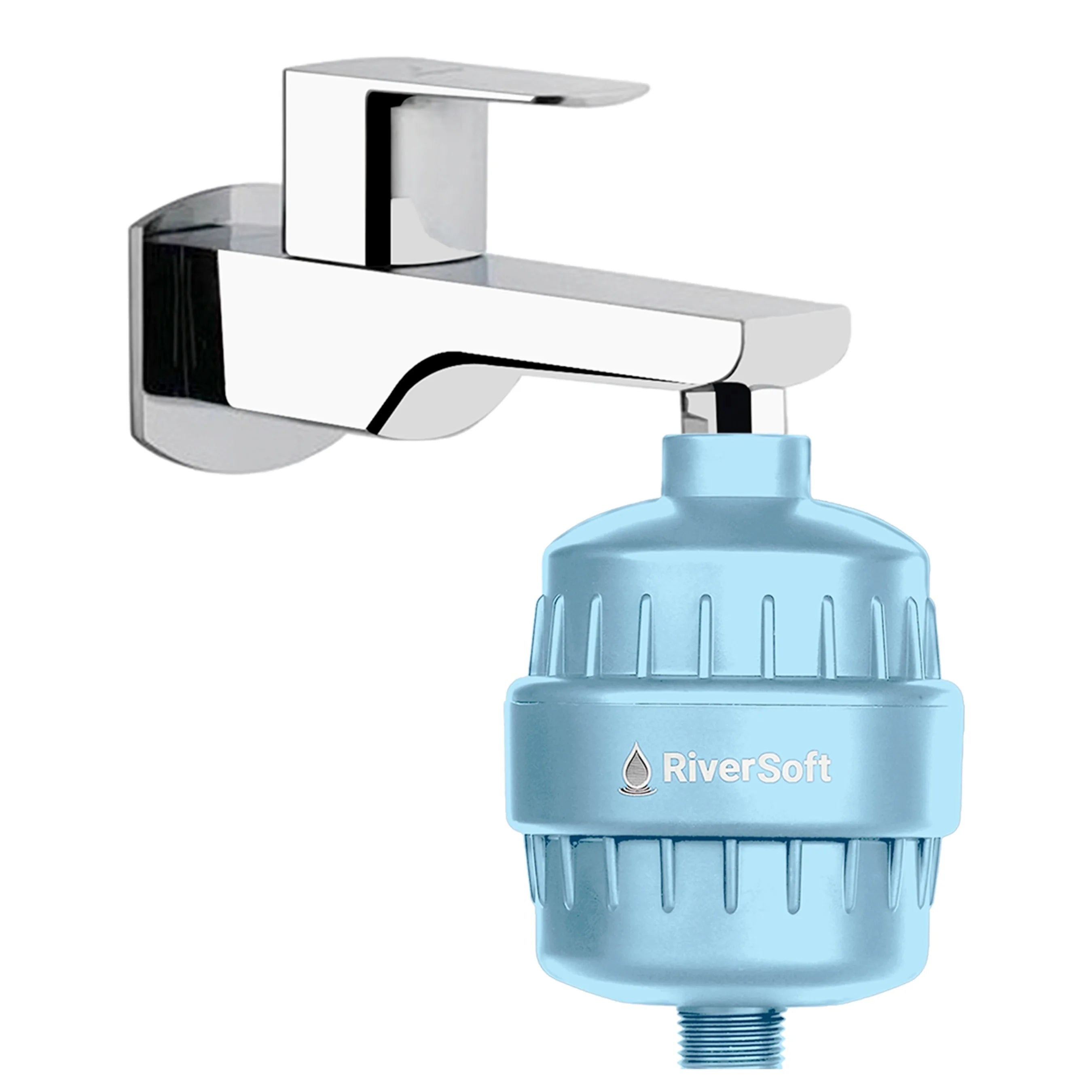
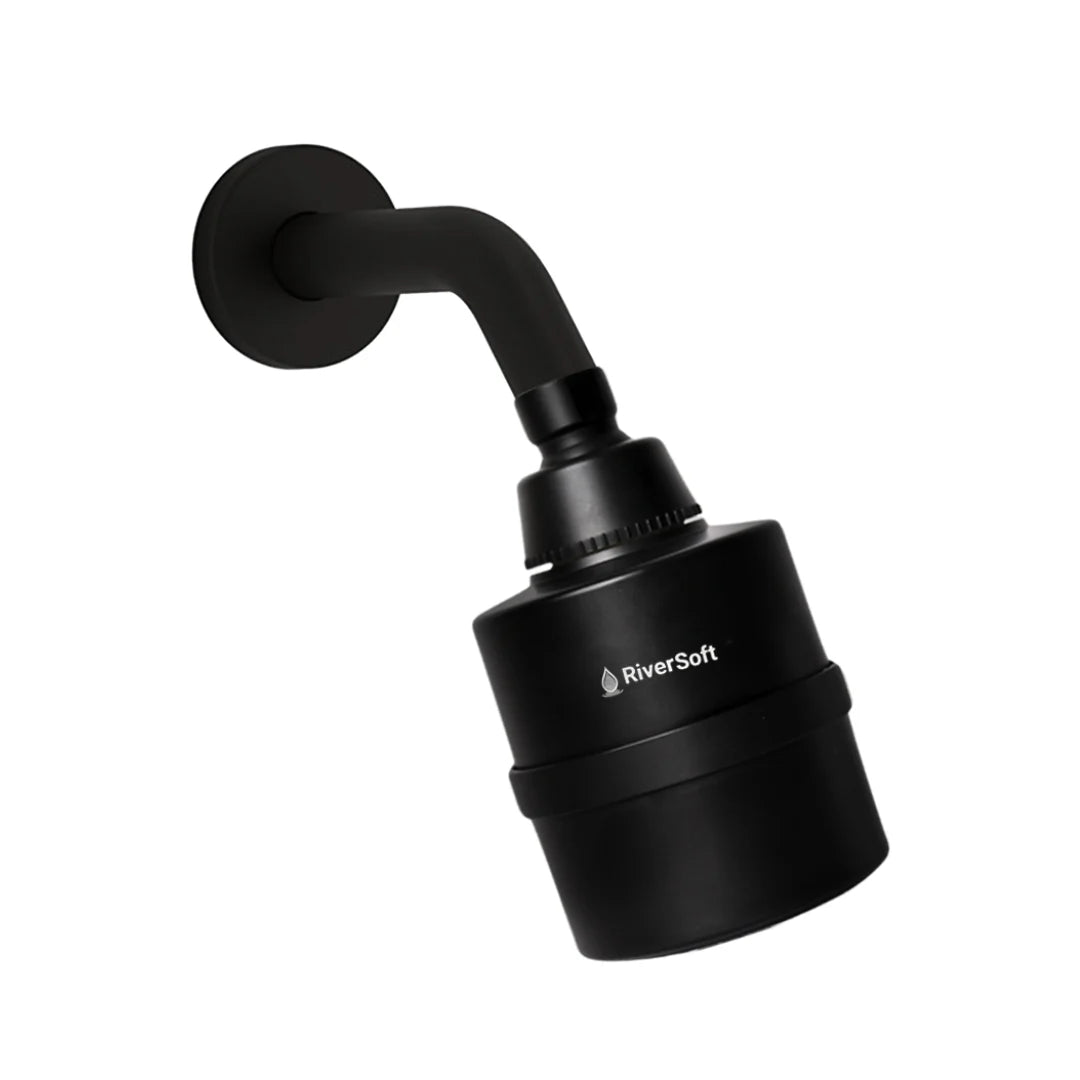
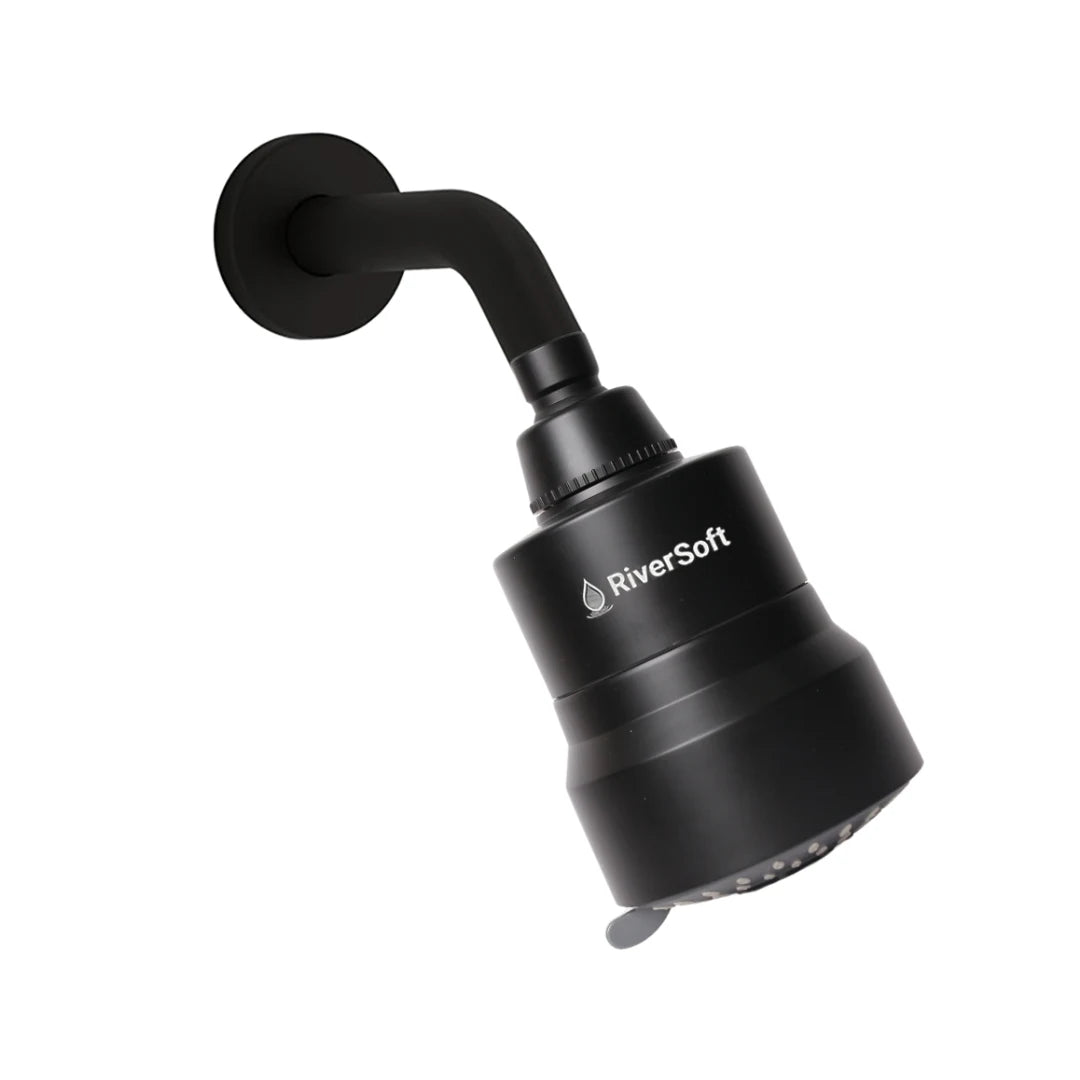
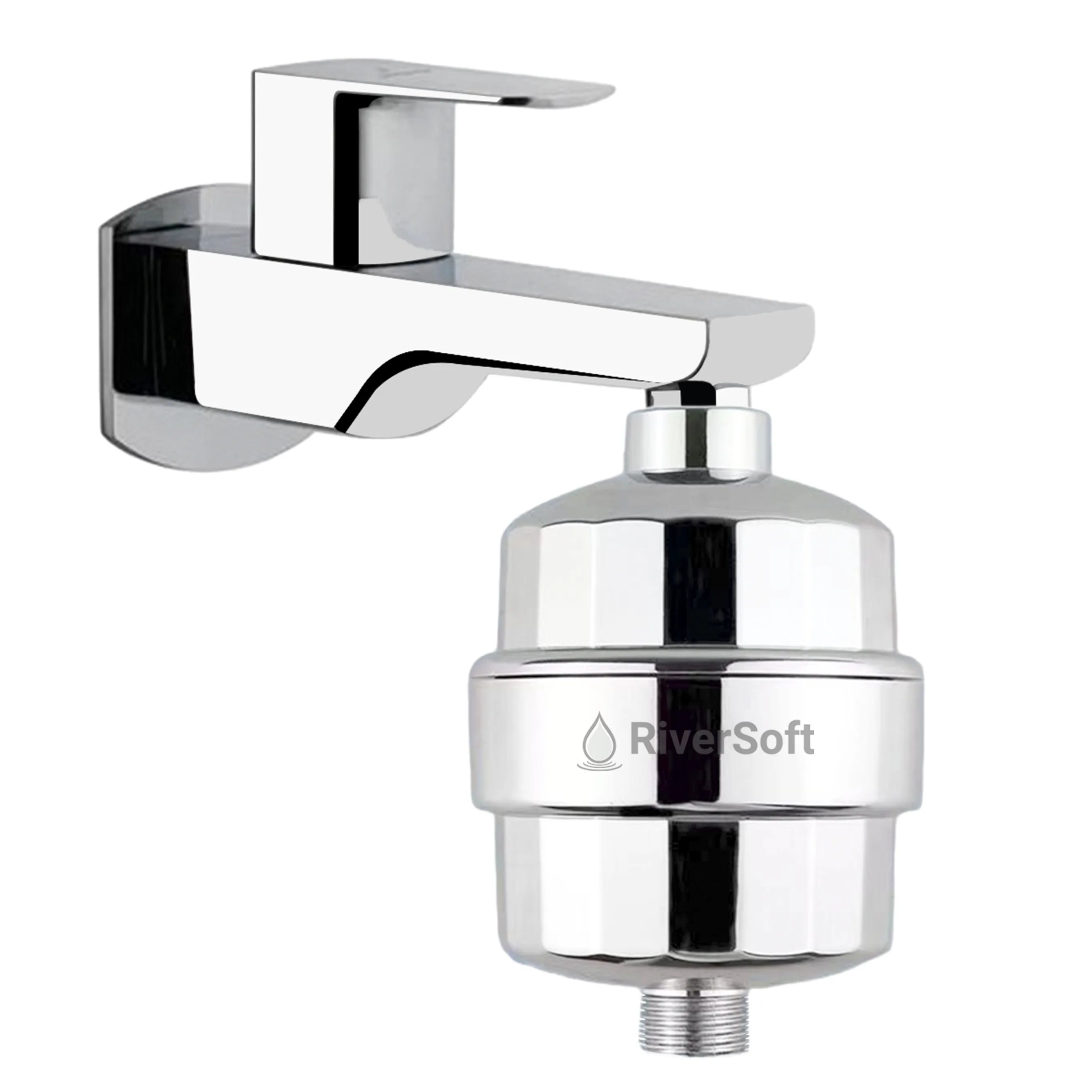
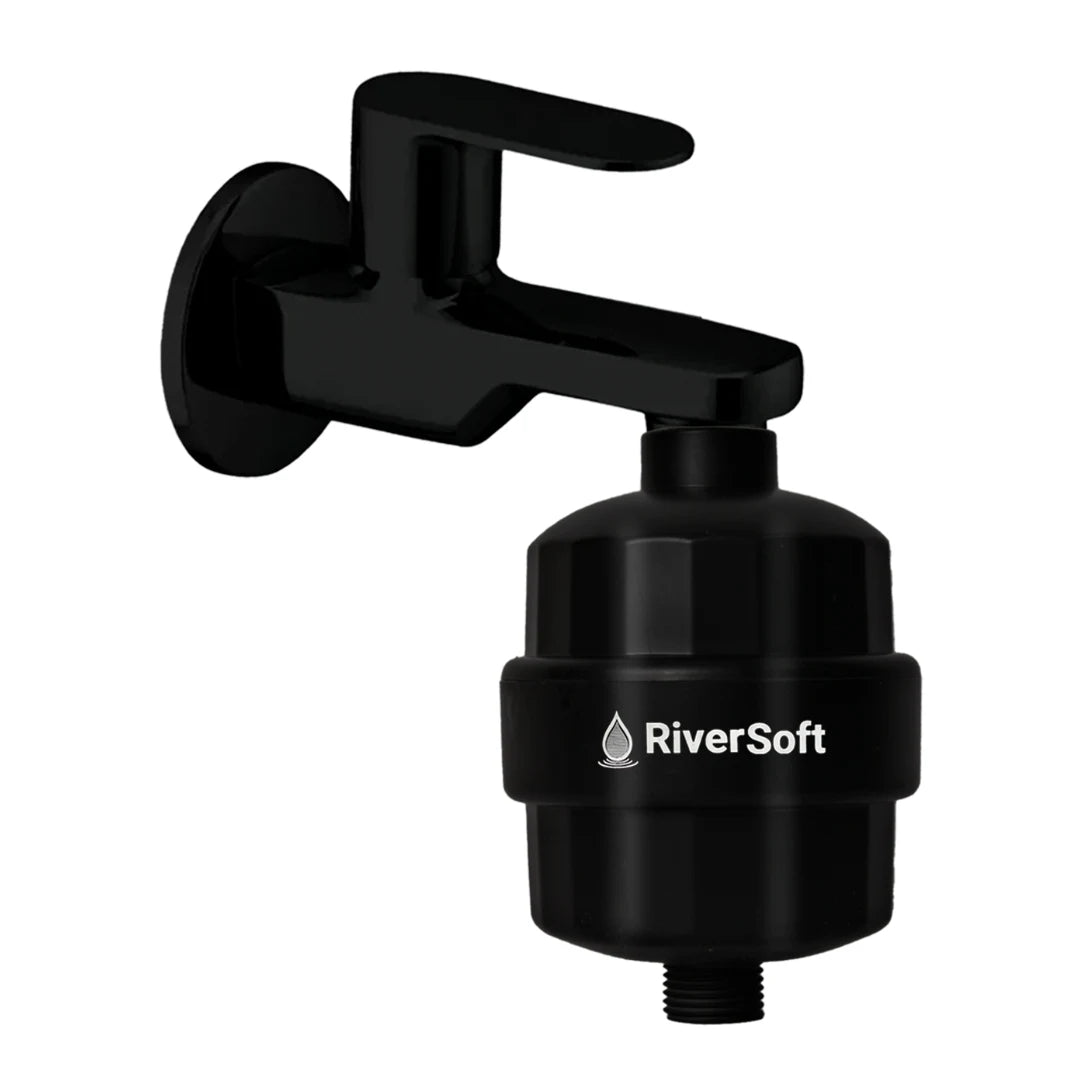
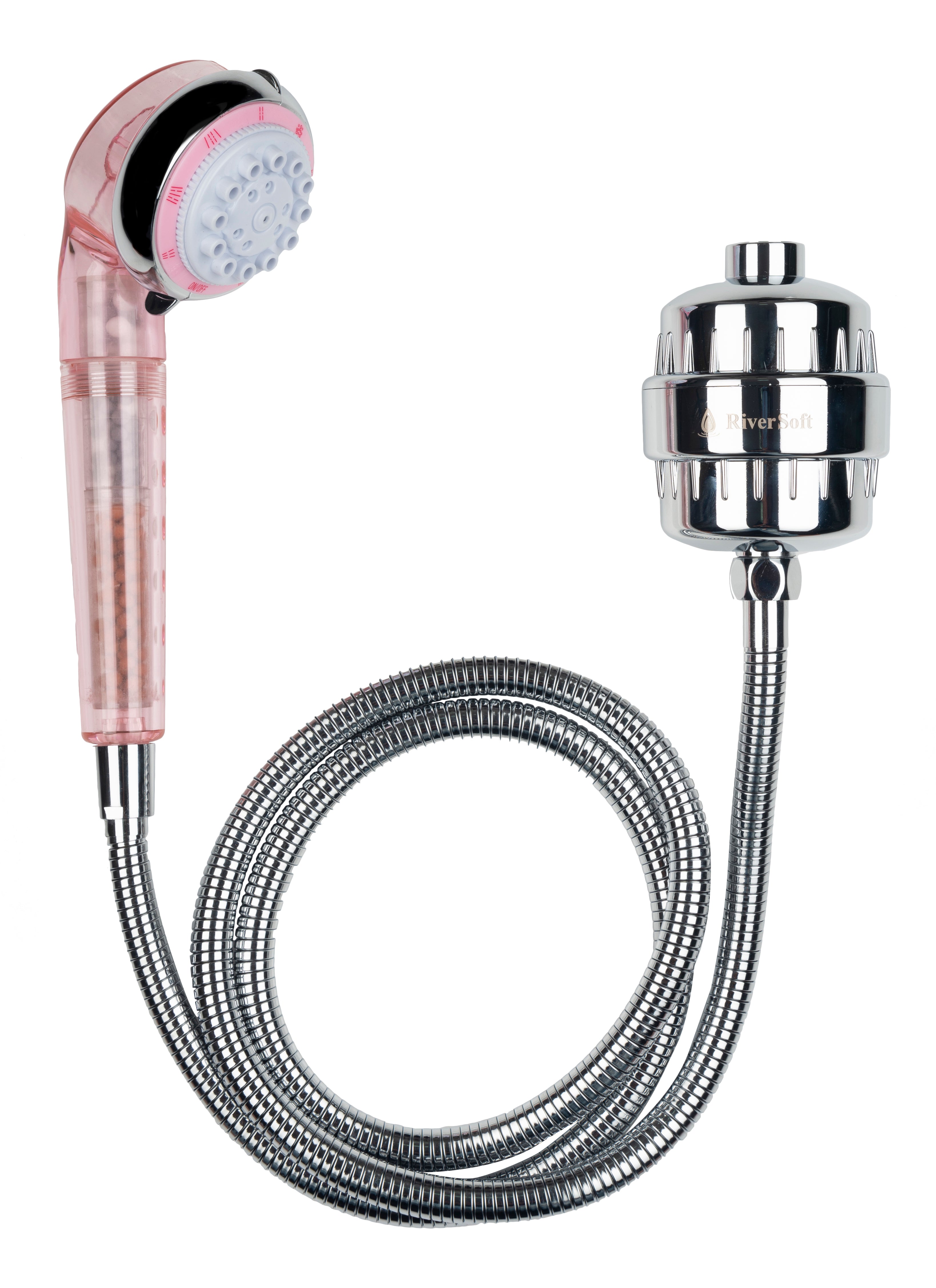
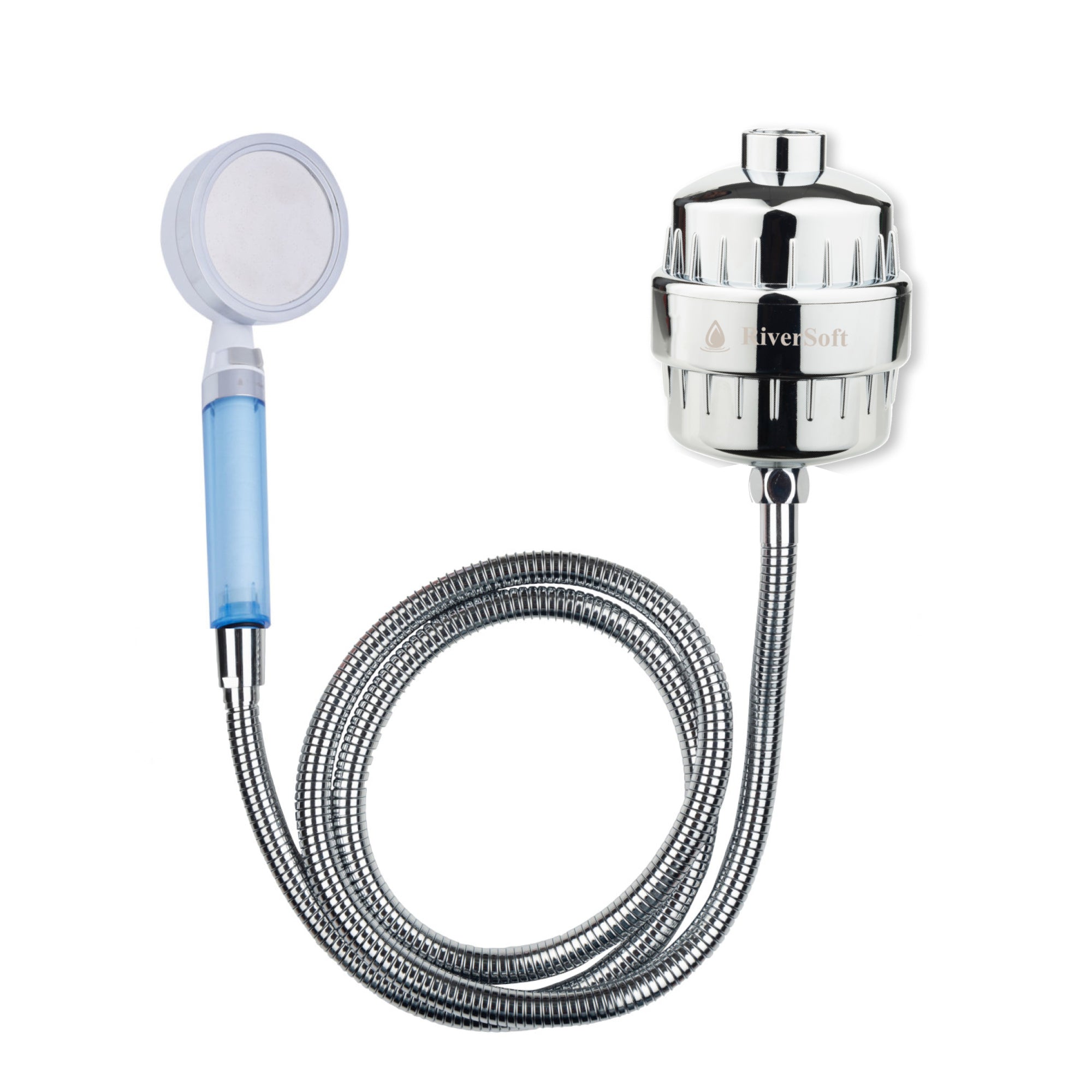







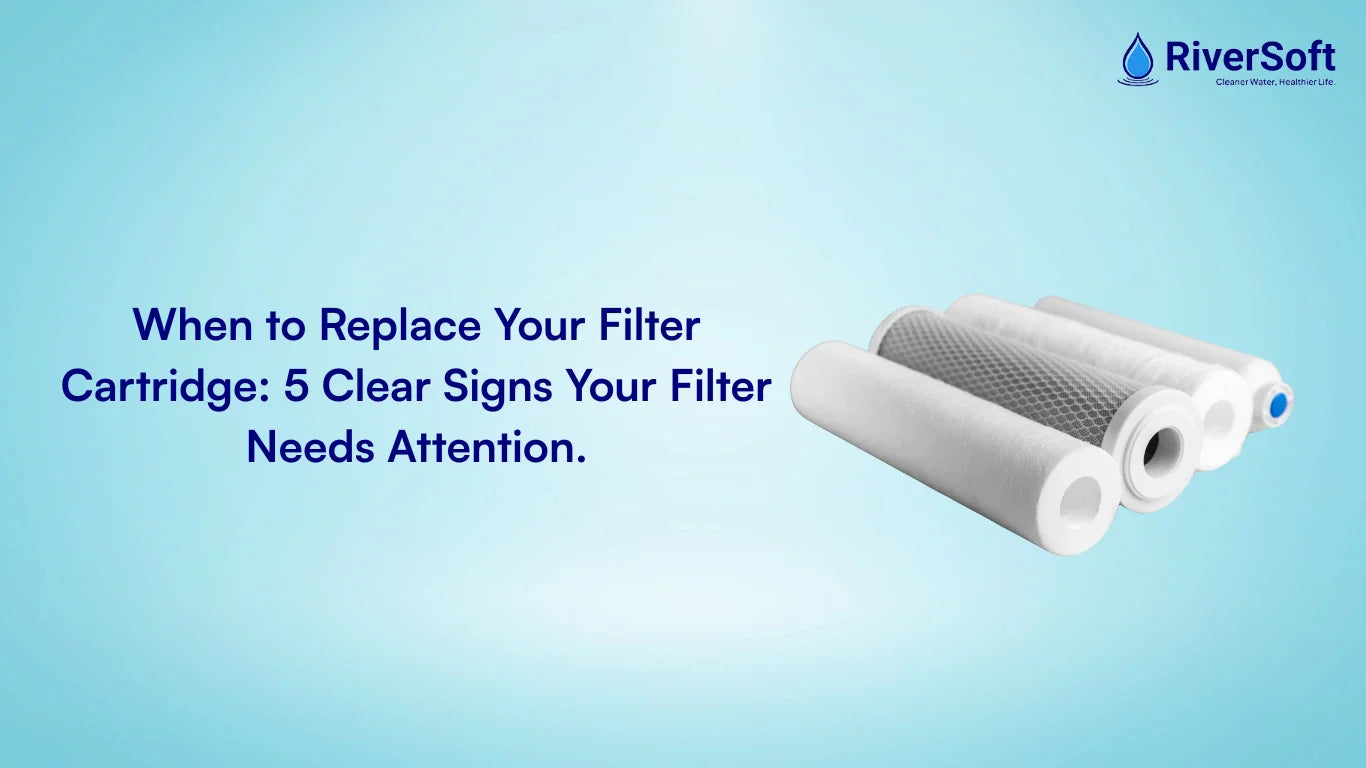

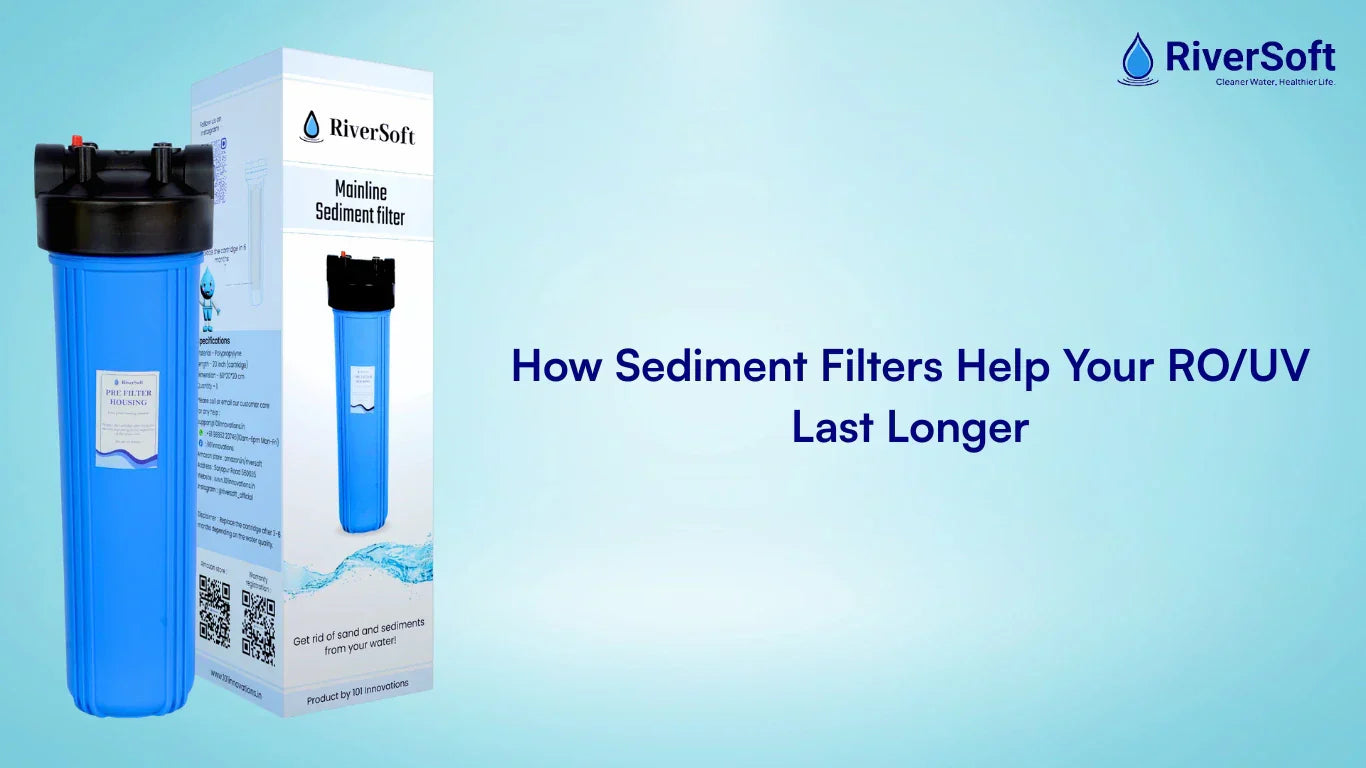
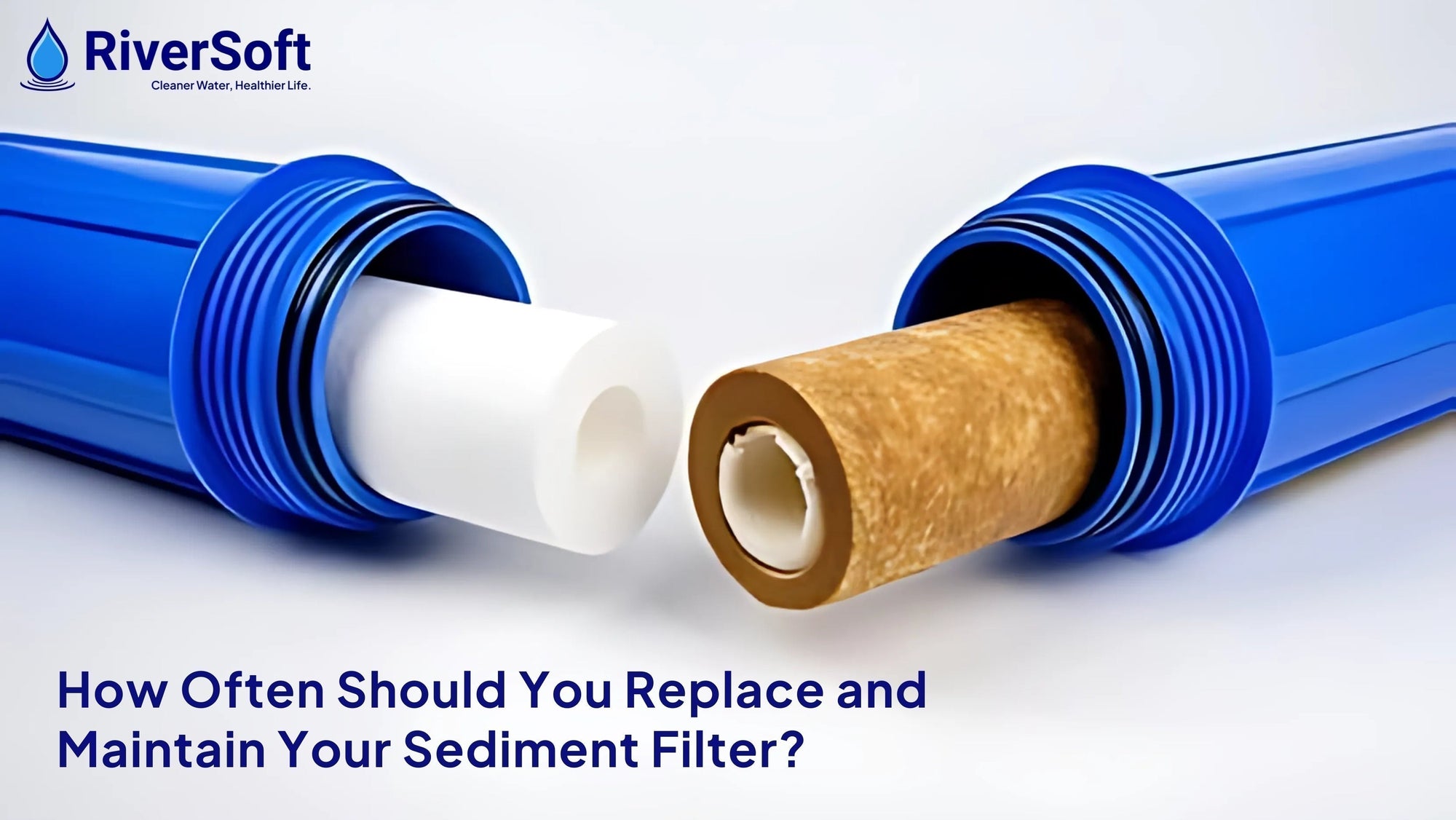
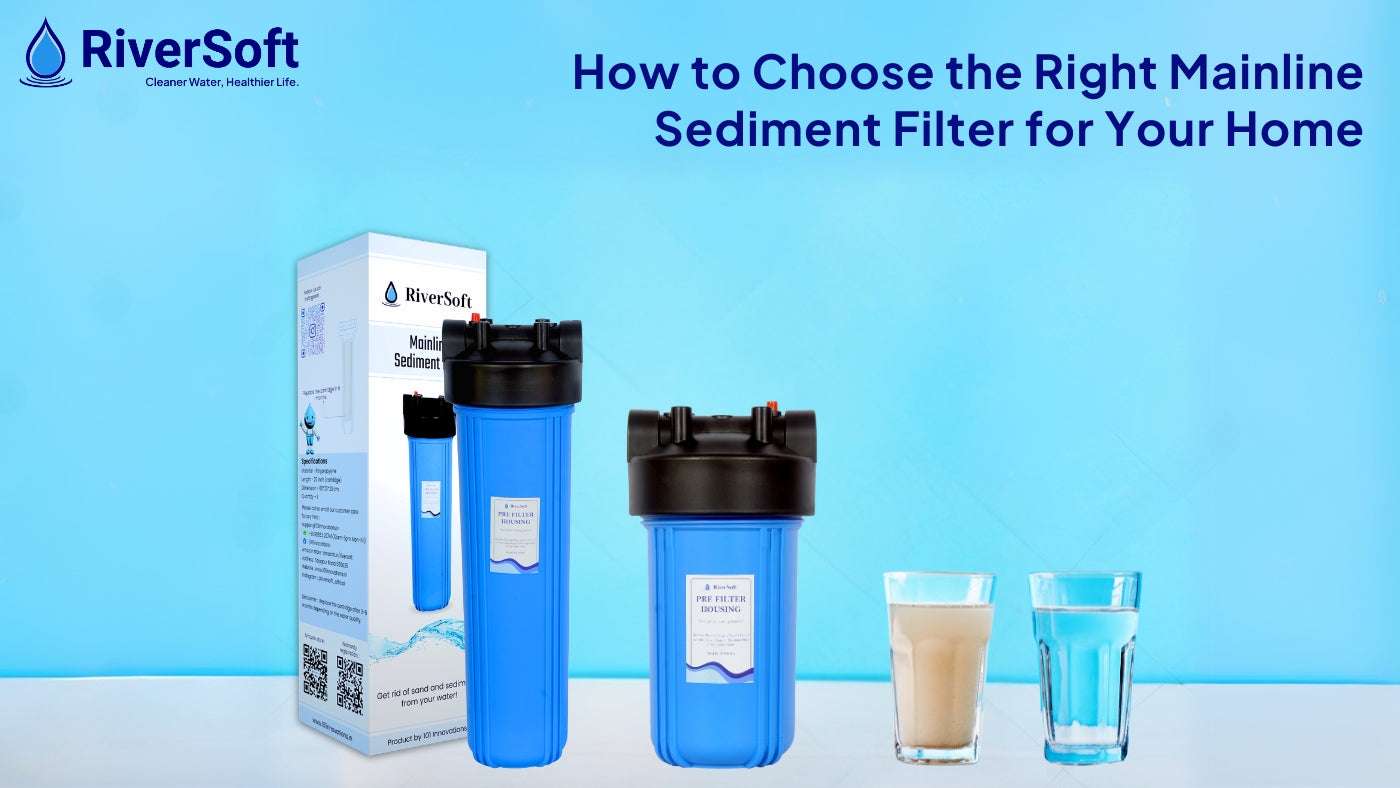
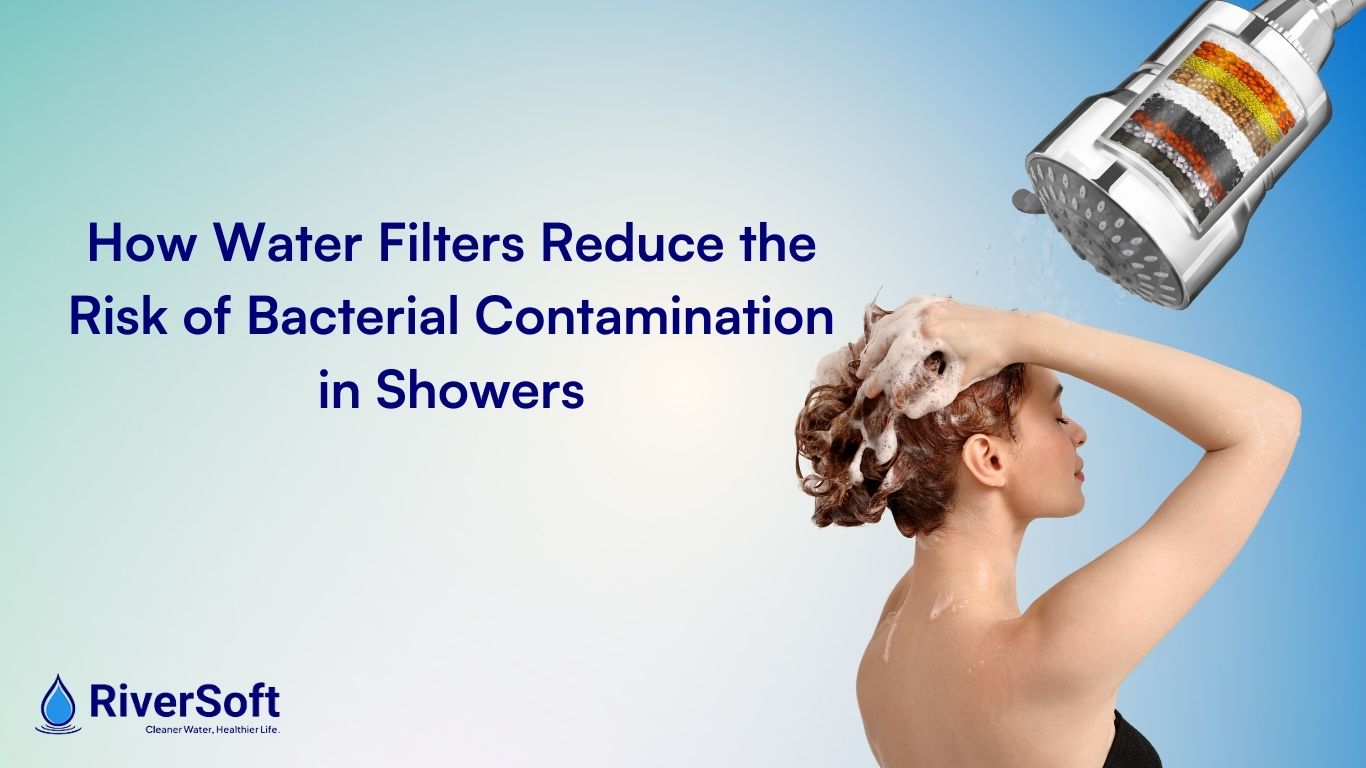
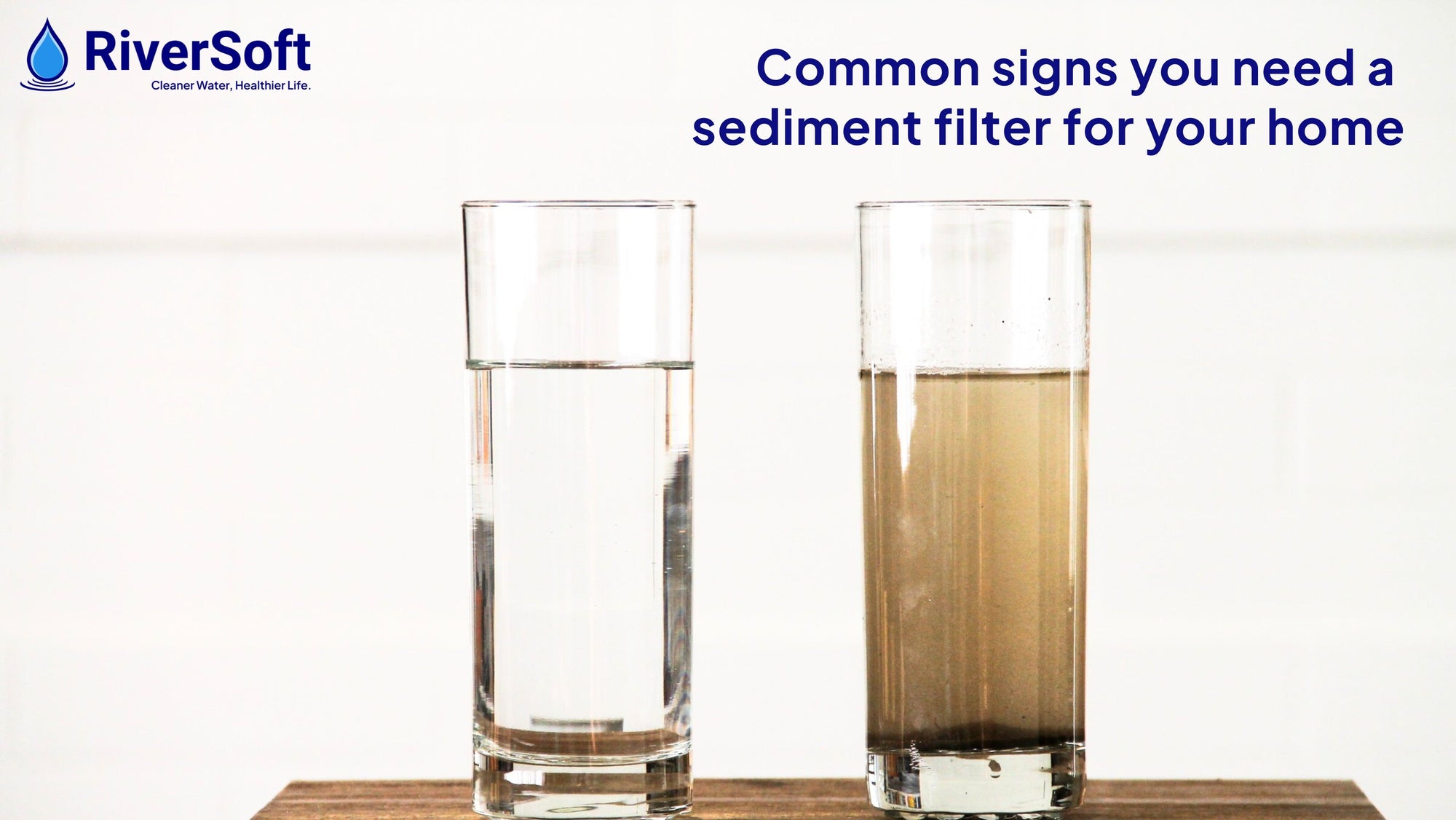
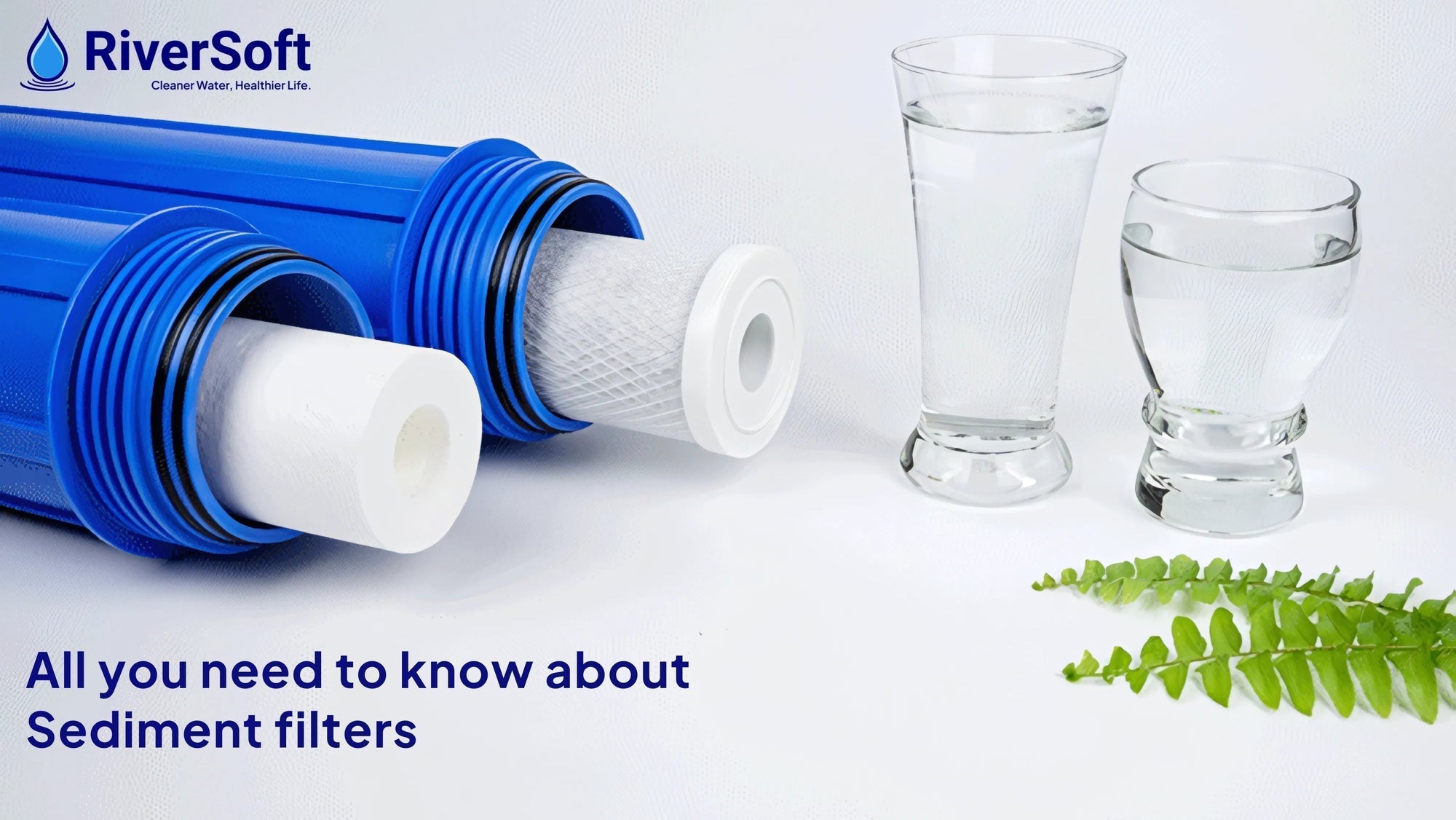
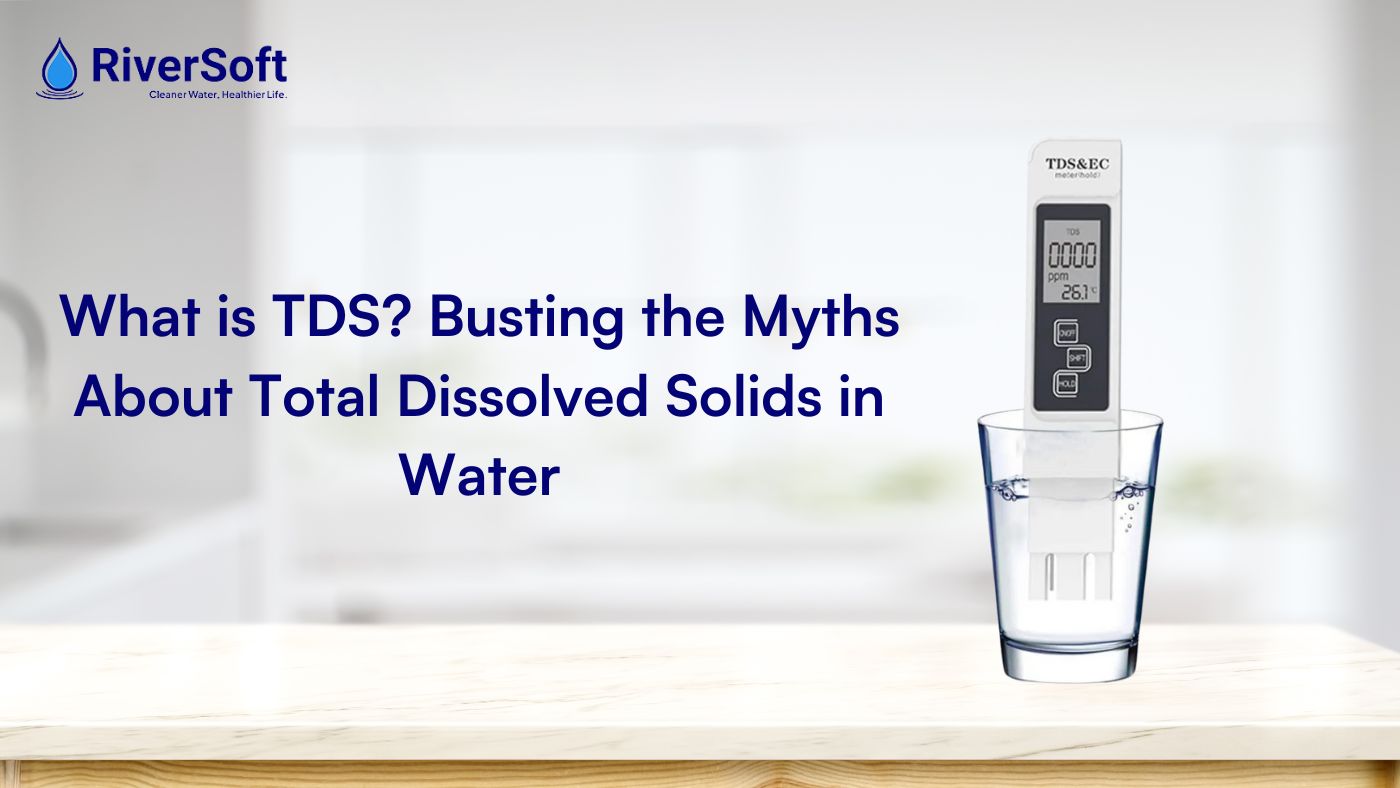
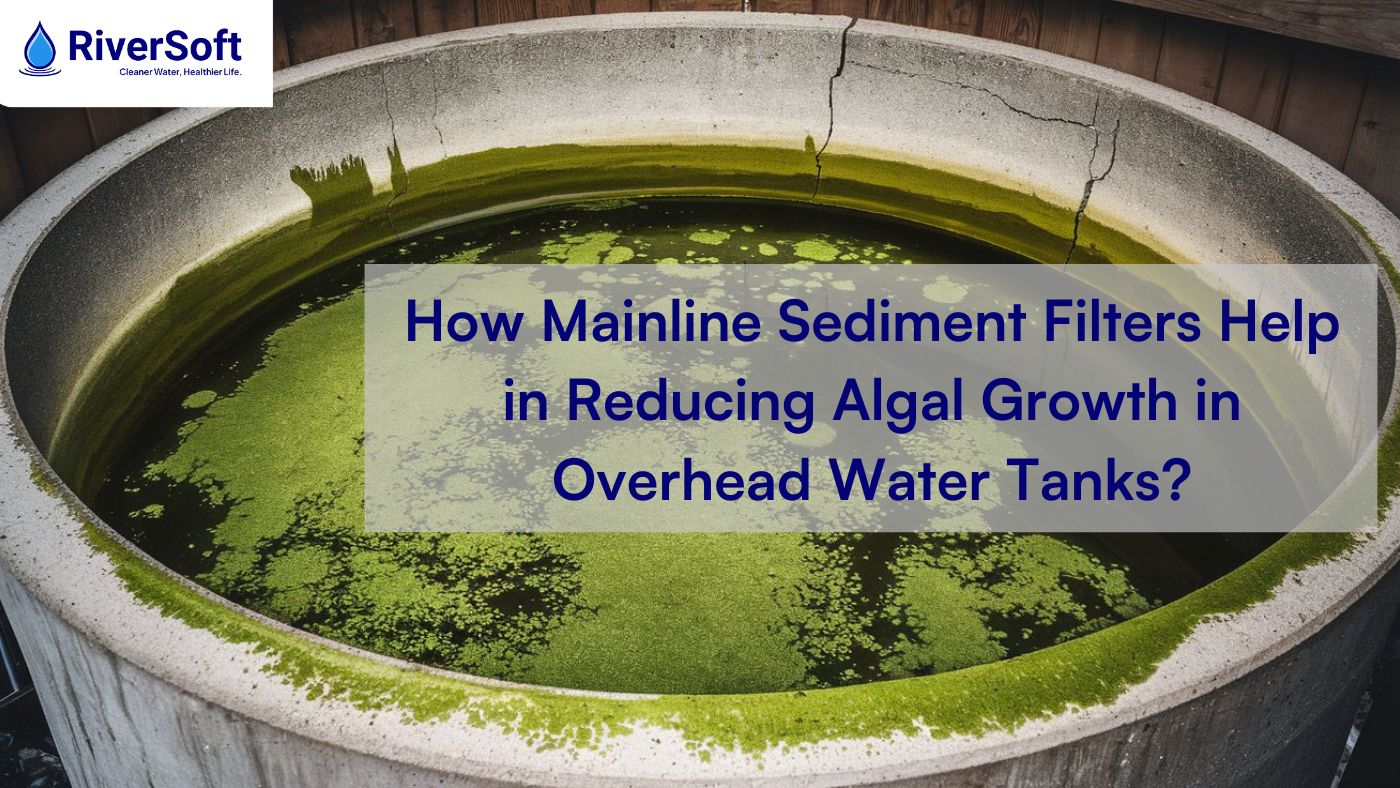

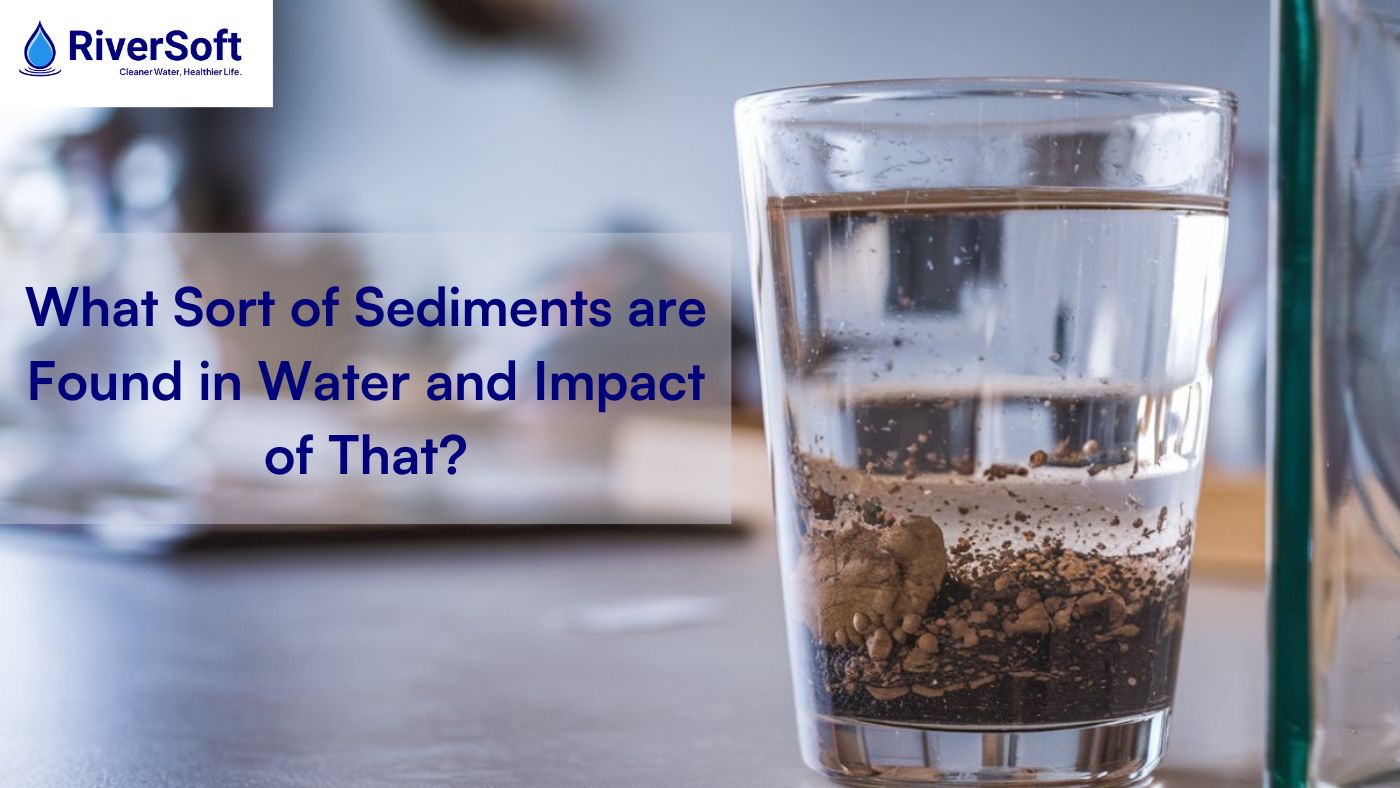

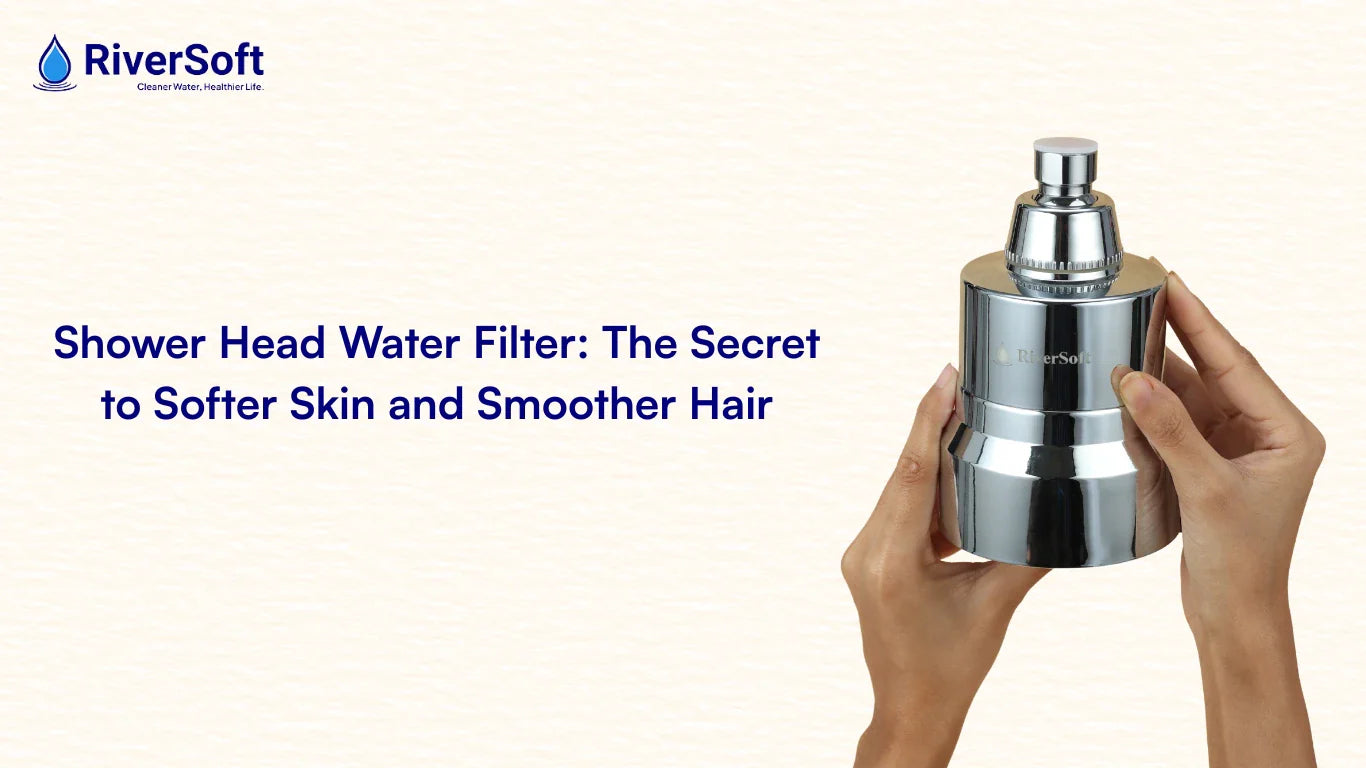
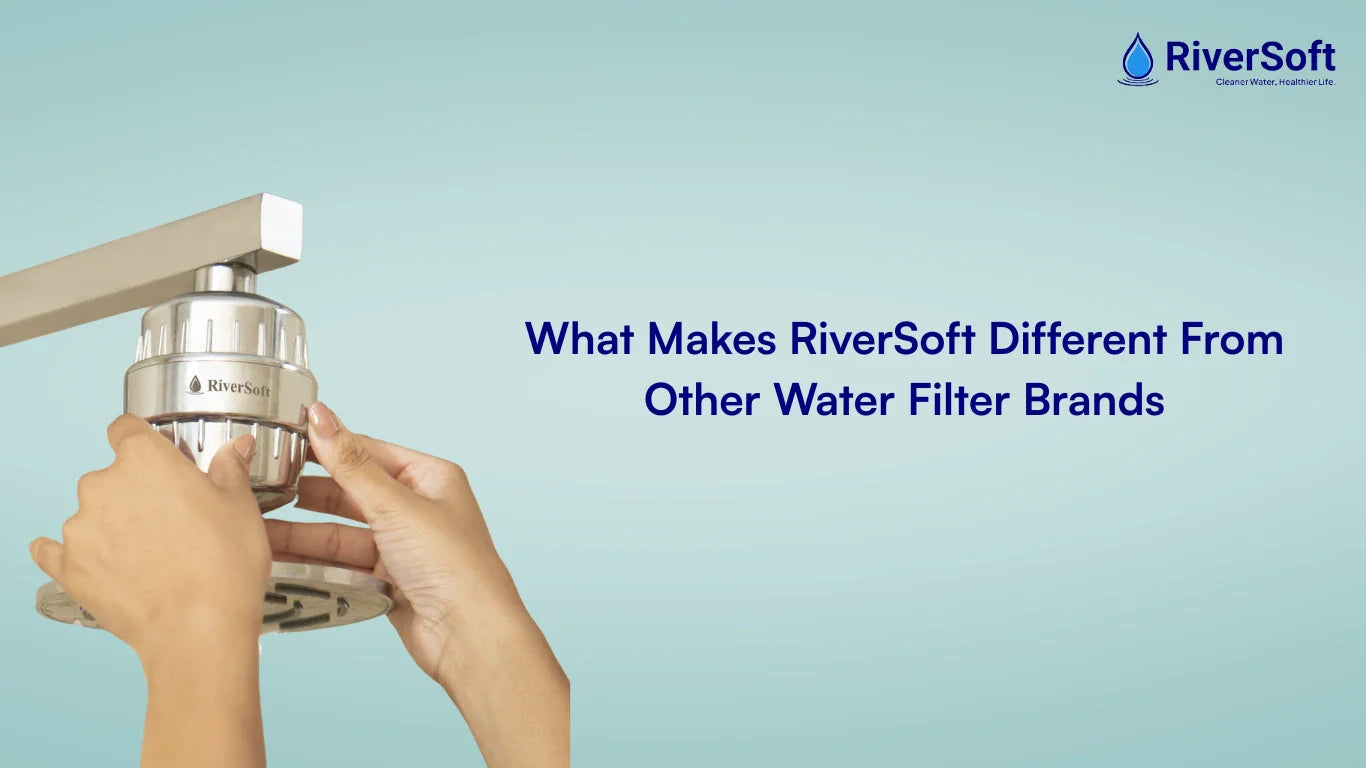
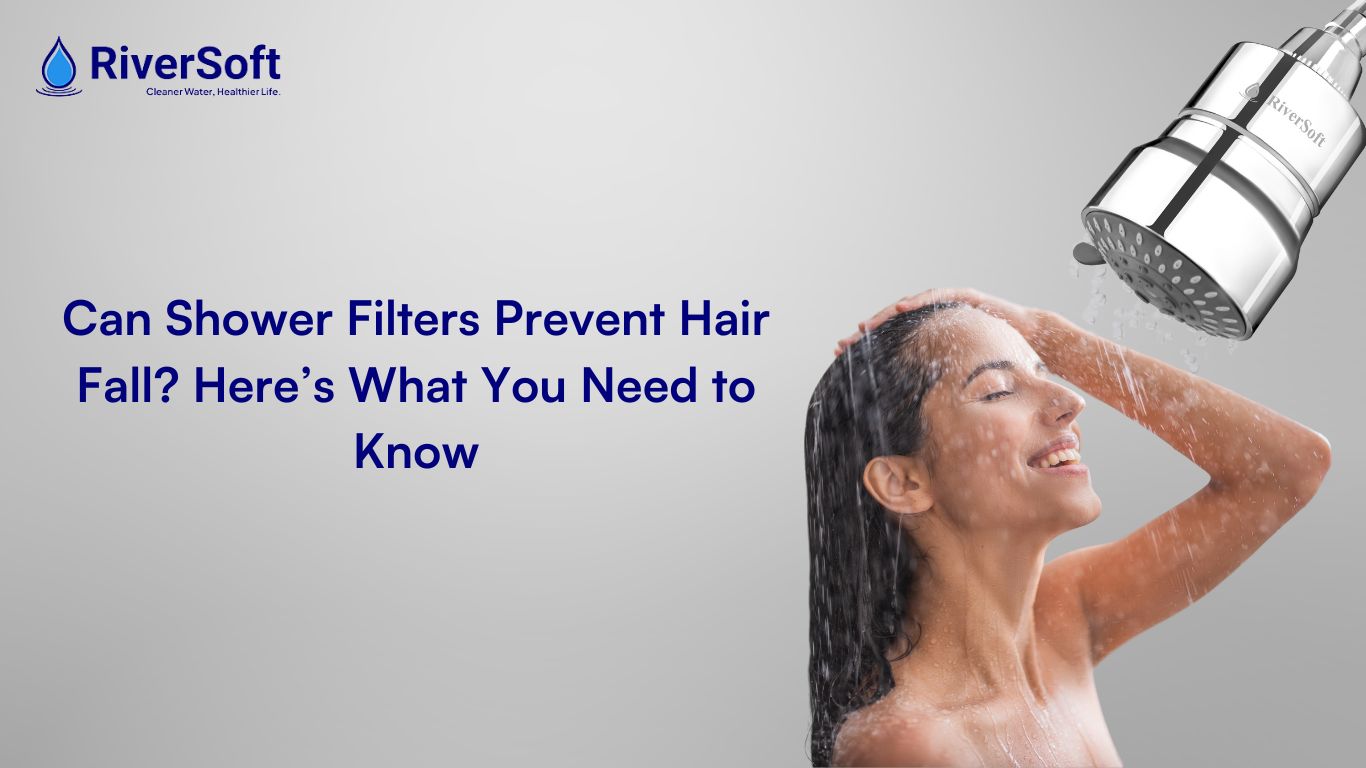
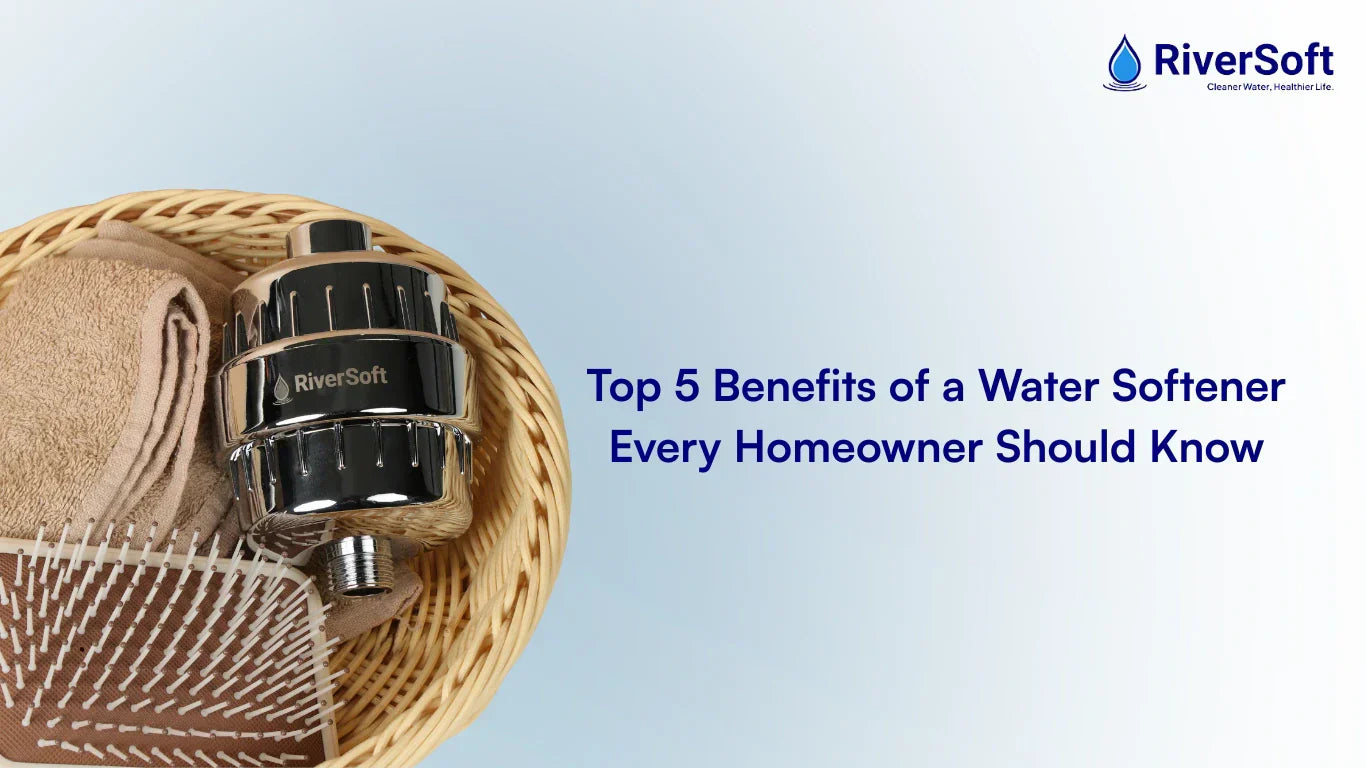
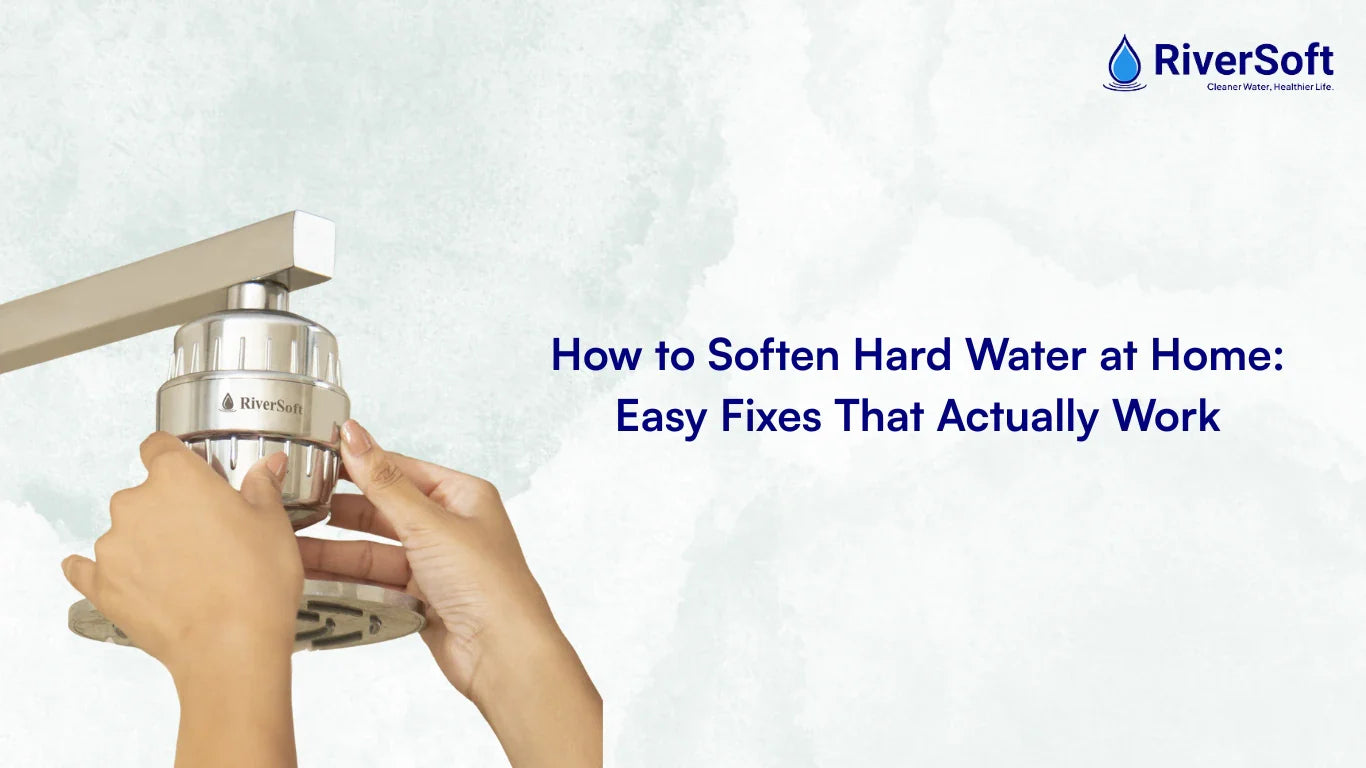

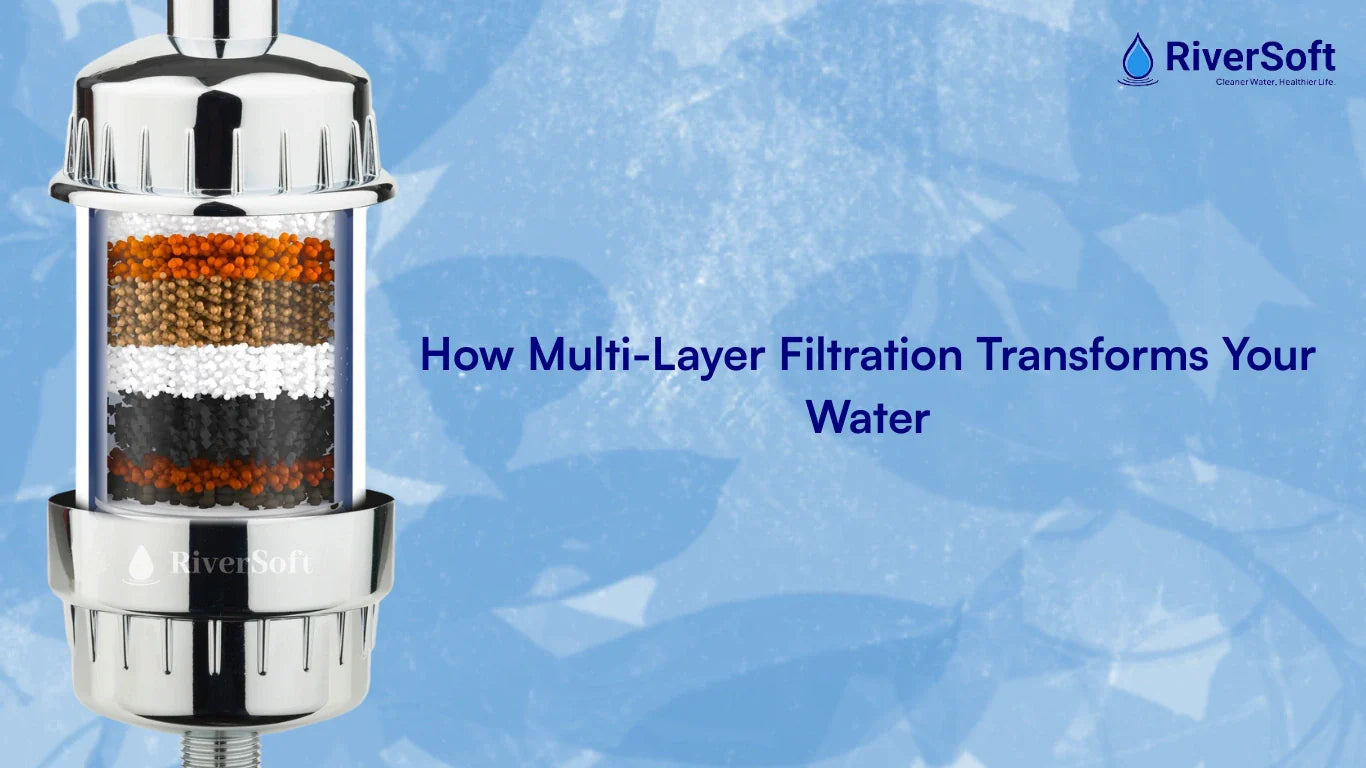


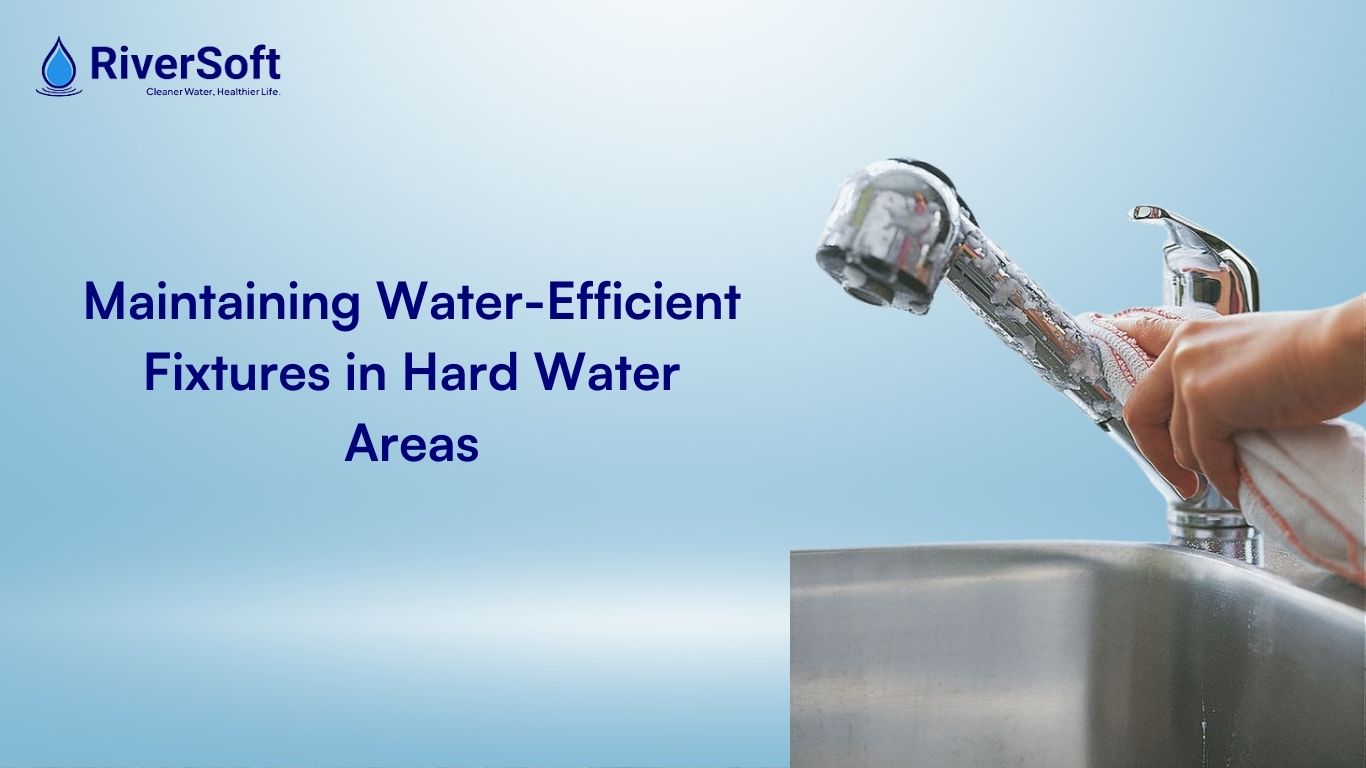
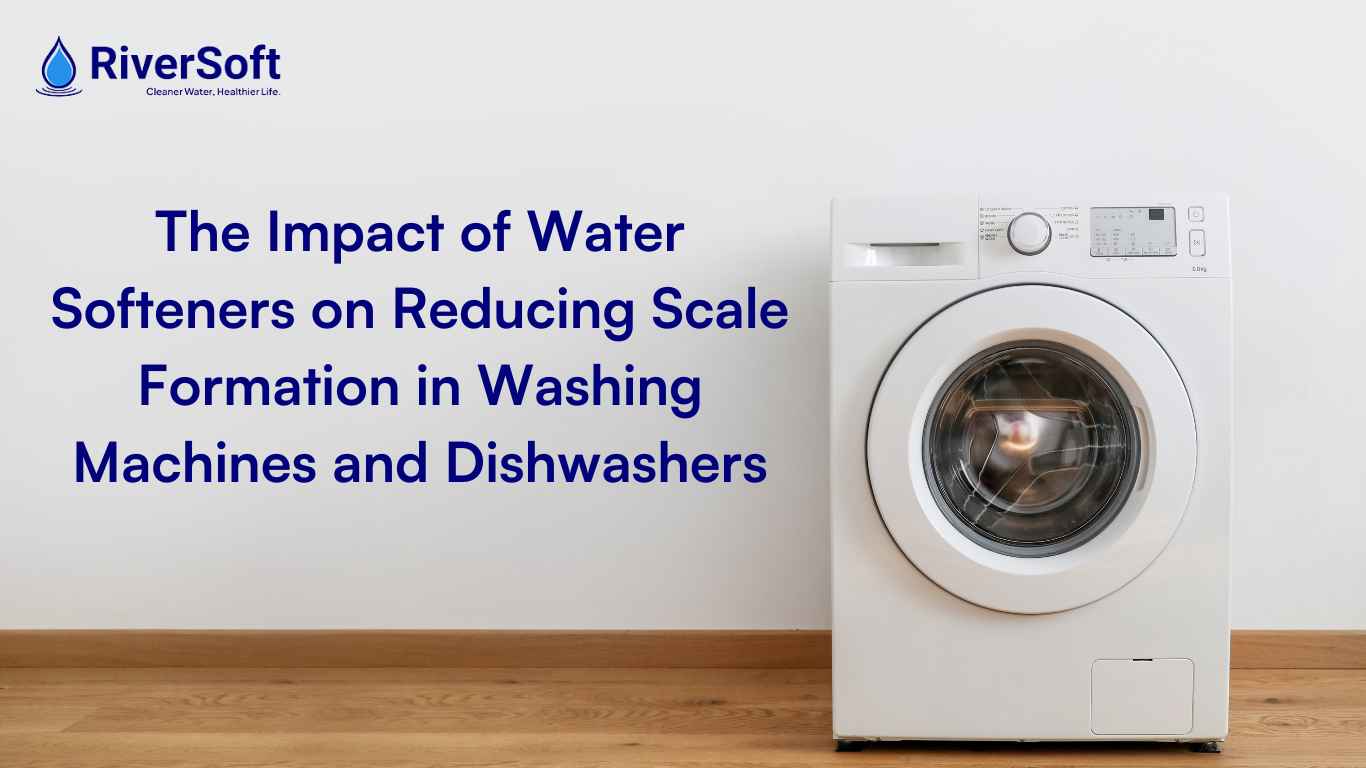

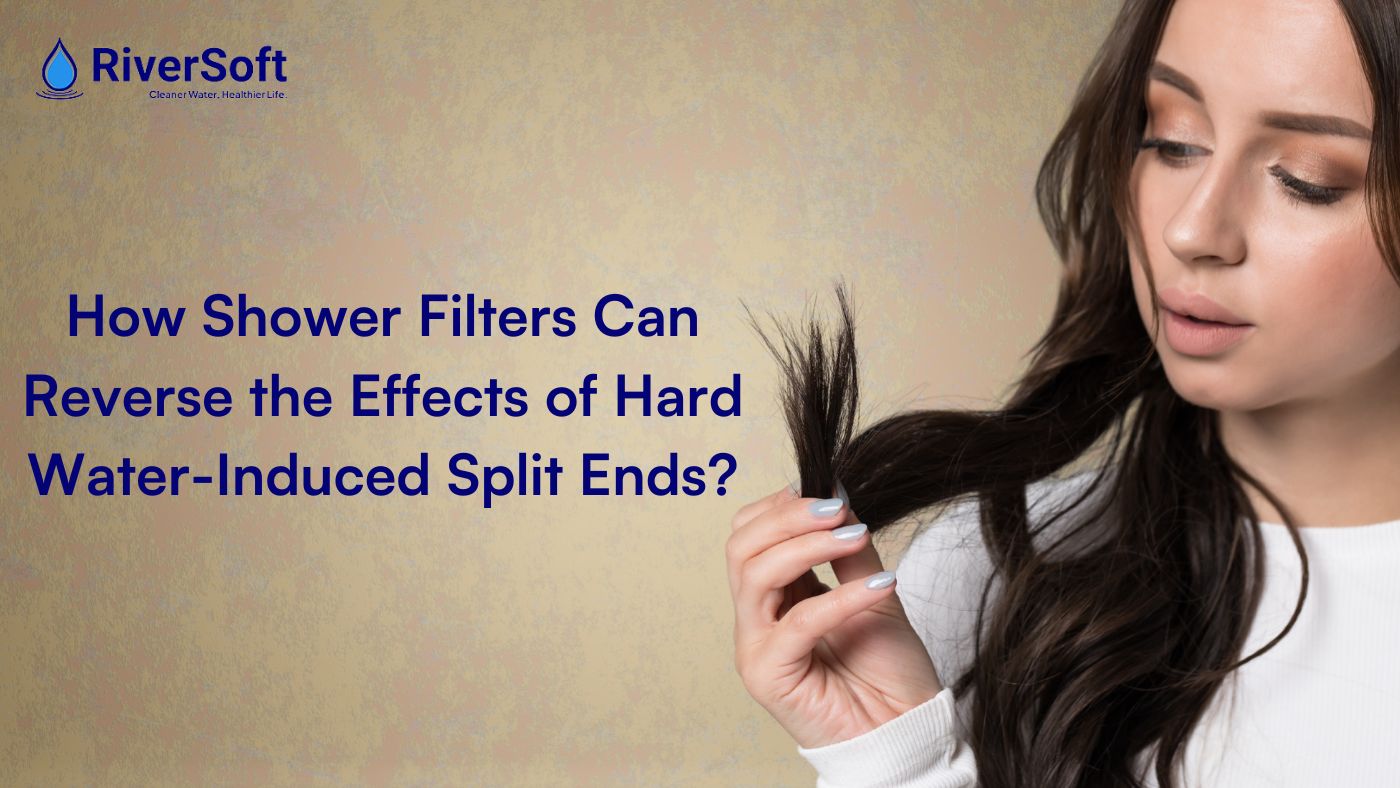
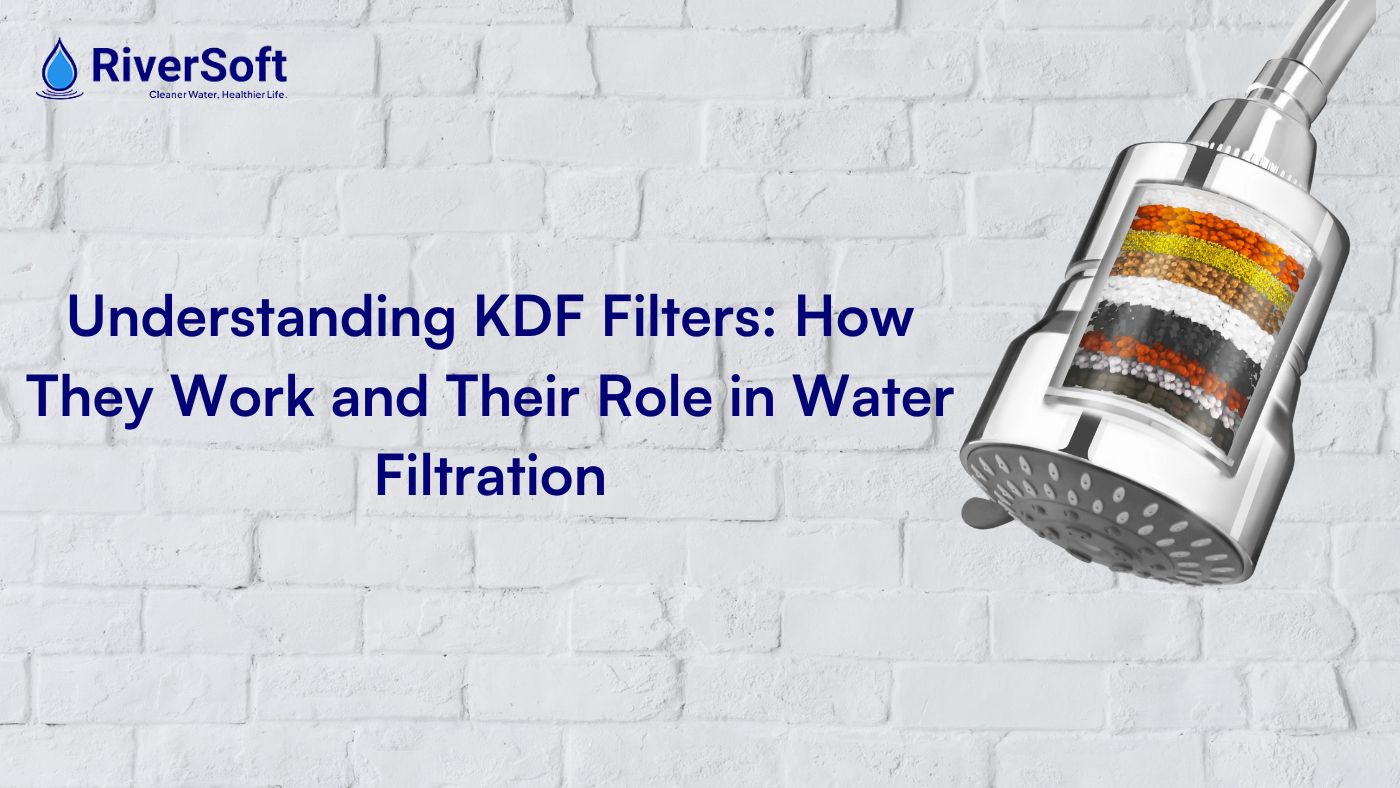
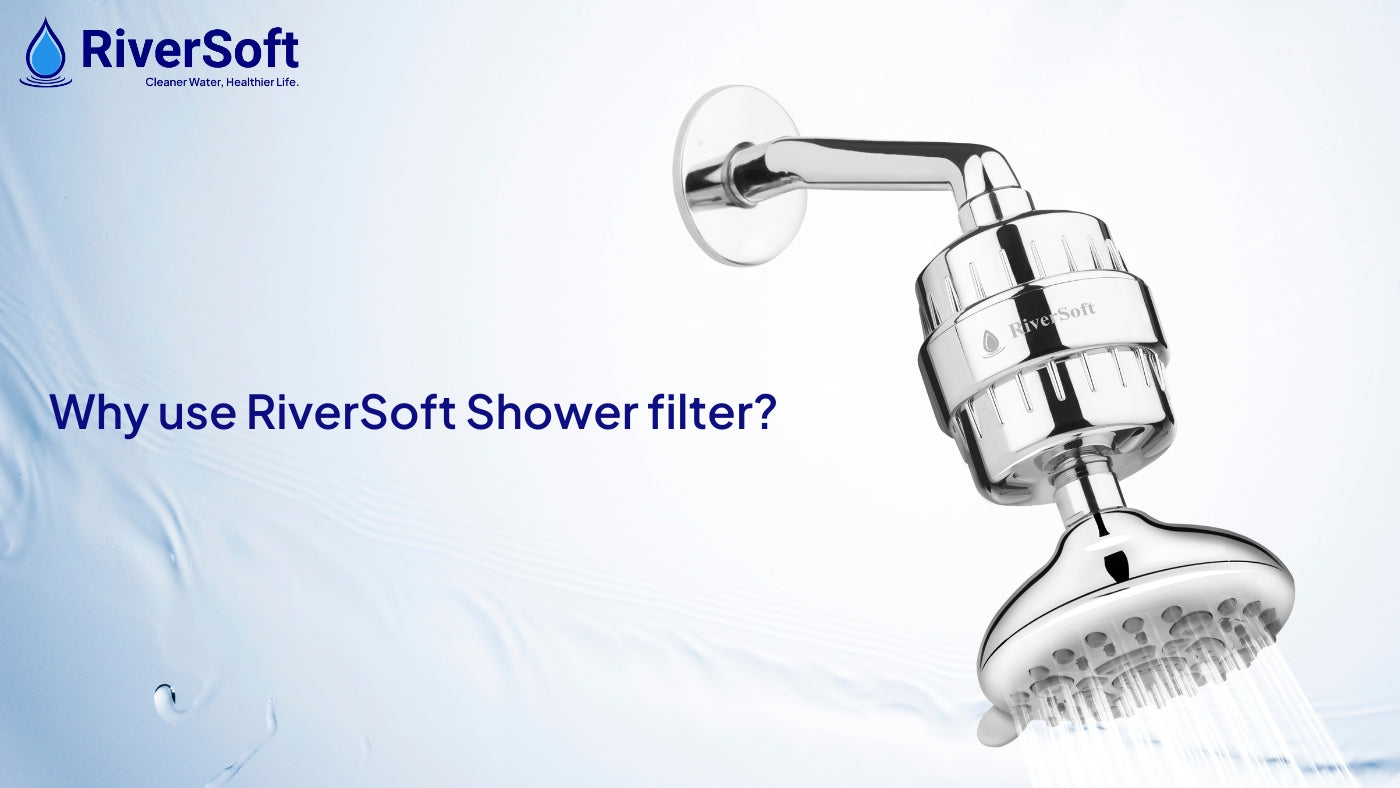
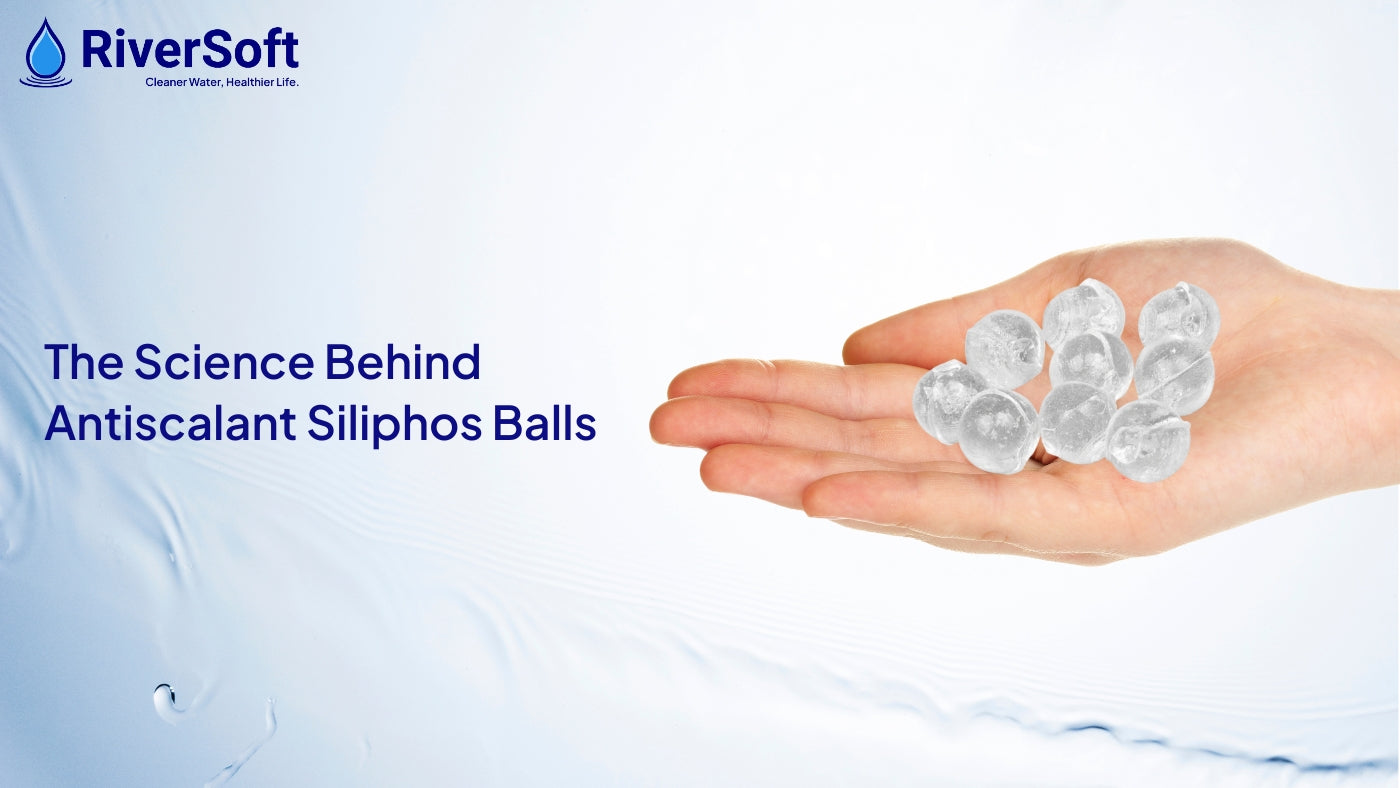
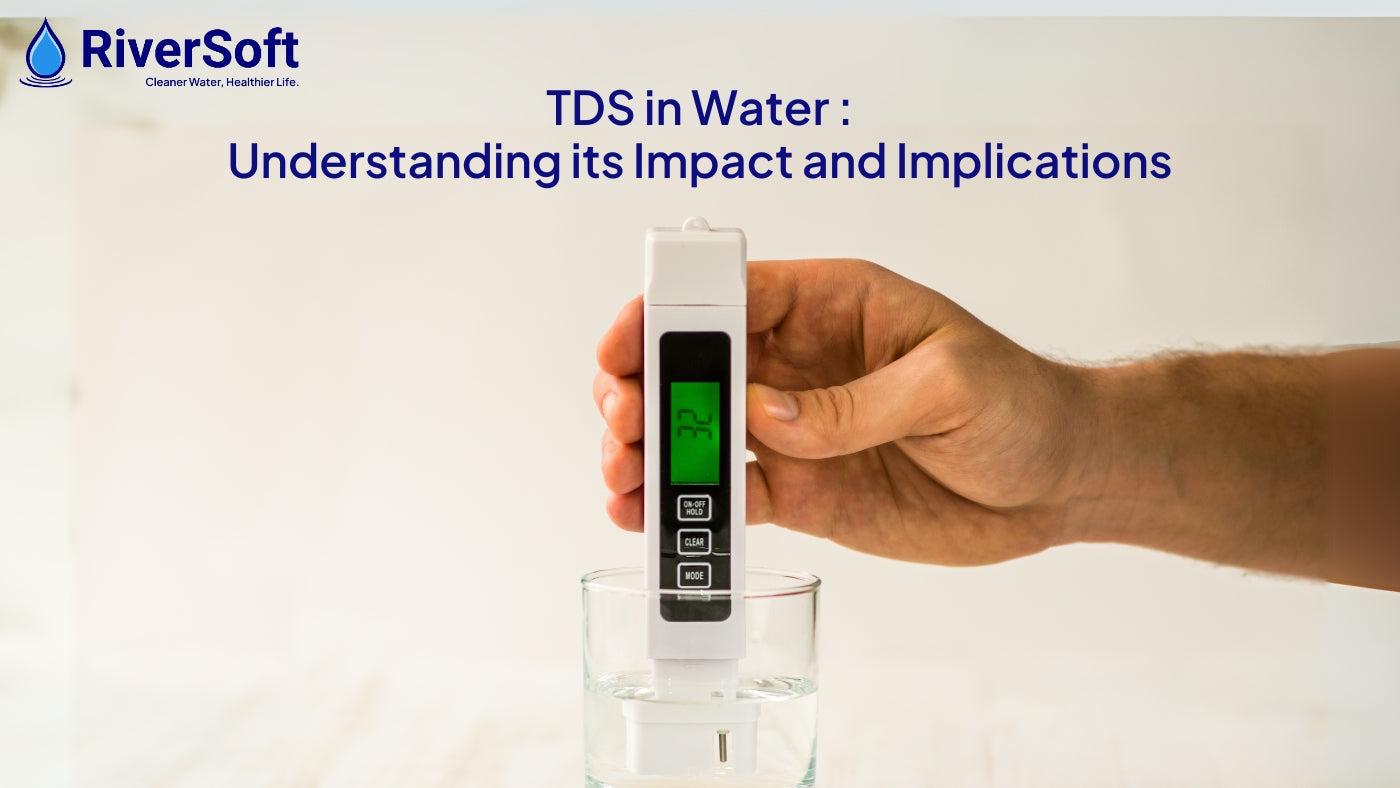



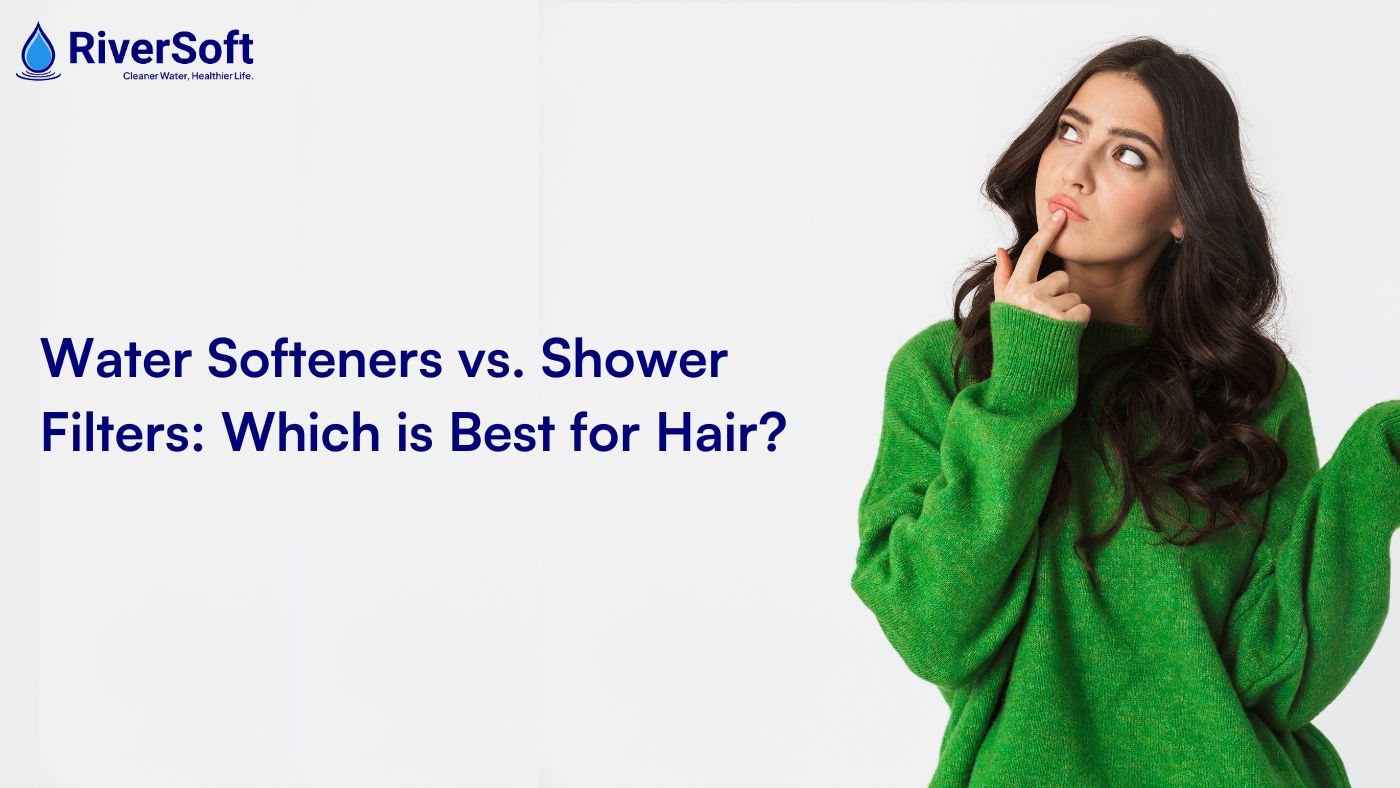
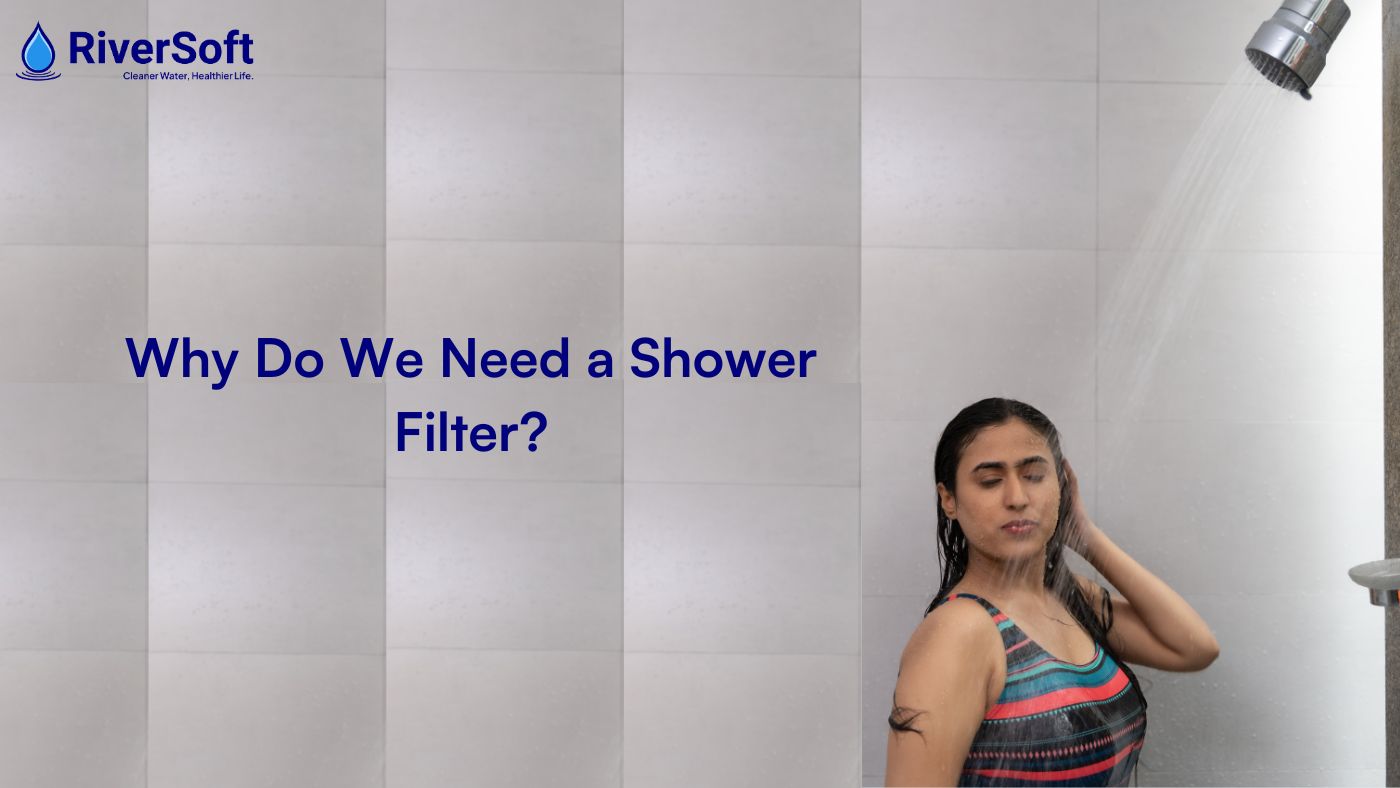







Ashutosh was inspired to solve water quality issues after witnessing the harmful effects of hard water on his family’s health and home. Recognizing the widespread impact of poor water quality, he committed to creating innovative solutions that ensure safe and clean water for everyone. He is an alumnus of IIT Delhi and IIM Ahmedabad, bringing a strong technical and managerial background to RiverSoft.